HUNGARY, SAVAGE PARKS AND SAVED VILLAGES.
How can it be it that the roe, this delicate creature bringing to mind graces, shudders and prudishness, emits the most harrowing barking one can hear? Its call, similar to a croaky plaint looming from the depths of time, moves even the motionless sleeper of the valley, triggers a freezing shiver, corrupts the blameless dormancy with an incommensurate worry. Its a funereal yapping that comes through its slightly open thin muzzle, when with a short breath, an eye wide open in the twilight of the woods, it howls in danger, fearing the imminent end. It seems to bear in its lifetime the ominous knowledge of its destiny as a prey, teared appart by dogs teeth, crible with arrows or bullets, already aware of the loss of its horns, skin. Its sonorous signature is such that for a long time, and with a certain fright when the grunts and fuss of a burrowing beast were approaching from my night shelter, I would mistake it with wild boars I thought I was chasing away by standing outside my tent, a knife and a lightened lamp in hands.
Its cervidae parents proudly populate the mythological and religious imagination of humans on every continents and of every culture. The wise but mistrustful doe with iron feet follows Artemis, she’s a prey for Hercules, wild beast, she gives birth to Genghis Khan, listens to the Buddha, calmly inhabits the celtic silva, while the expansive and noble stag, king of the forests and Gallic god, vital power, guide of Hunor and Magor, symbolises Christ and its resurrection, is a transfigured Brahma, or a teaching Jaguar…
What sort of tragedy has united in their slender cousin the infinite lightness of the leap to that hideous tormented yelp, and has relegated him to the secondary bestiary? Its mooing has everything of a sinister clamour: neither an Orpheus with fine ankles, nor a swan in a slightly sweaty coat, it makes the Greek rule lies, that demands a beautiful being to produce a beautiful impression. Neither Glück nor Saint-Saëns could have written its lugubrious song. No harmony to contemplate in this strange alliance, but a graceless reality, that the living realm derails and baffles.
I’d claim that the day before an apocalypse, roes hordes painfully barking will get first out of the woods, with their long panicky jumps and tiny hoofs, will crease without turning back wheats of the fields and wild flowers, leaving a few drops of blood on them, will rush amidst the children, will throw themselves howling against the brick walls of those who have put them at bay (in French, « poussés aux abois », remind of the specific barking it makes).
The cuckoo, of which the demencia crisis have been shamefully obliterated, regularly produces the counter-chant of an hysterical. After eight or ten repetitions everyone knows (cu-ckoo), a sudden acceleration happens, tonality gets lost, and the number of notes rises up, switching on a loony triolet, two or three times iterated. Then, knowing nobody has noticed, it goes back to its watchmaker song.
The pheasant, that I would willingly qualify as a prosaic antithesis of the albatros, cherished bird of the poets, knows very well how to scamper off on the ground, but is incapable of flapping three time its wings. He cries out a sort of double strident cacklement, all of which brings him twice closer from its farmyard neighbours, having much trouble rising up above the ground, shouting. Proliferating in the plains of central Europe, the wild phasianidae gets himself busy on the soil line, and throws like a rattle two dry and pedantic notes (the second one punctuates quickly the first one, more windy), making of him an easy prey. I’m of the opinion that one should include this small game in the poultry (farm) line, given how expressively it calls for domestication. Its Gallic partner, showing the same character, would without doubt answer with the same elegance with one of its wet firecracker vocalize: a high number of gallus gallus domesticus end their singing exercice as if they had their throat suddenly drowned, which it of the most ridiculous effect.
The small Hungarian village brews marvelously its pagan, christian, nationalist and globalized streams. The sculpted totem, often crowned with a Turul (hawk-eagle, messager of the gods) stands on any public place, between the religious buildings and the mini-Coop, or super-Coop, spilling over processed food, synthetic sugars, with anglophone names. The welcome and goodbye signage system, generally illustrated with a daily life scene engraved in varnished wood, shows its turco-mongolic runes (Orkhon alphabet), to which answer, near every building of character standing up, big panels detailing the european subventions programs maintaining the traditional local culture.
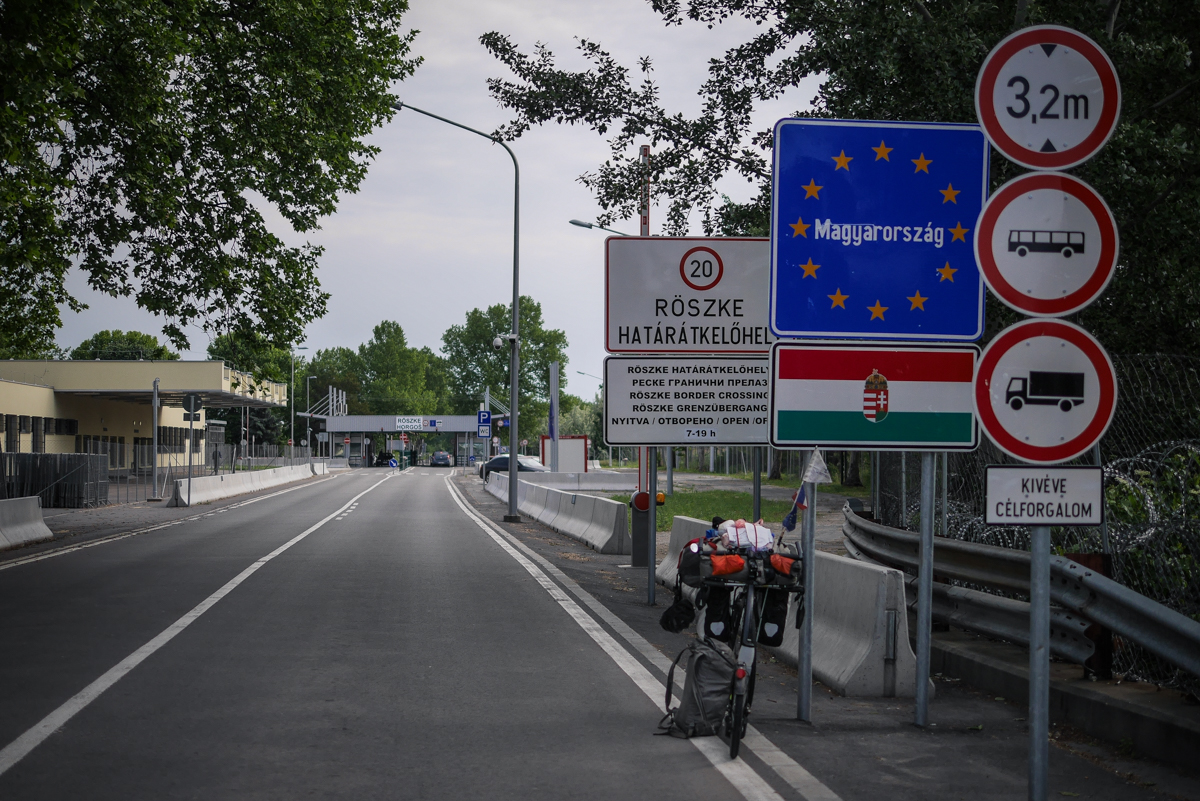

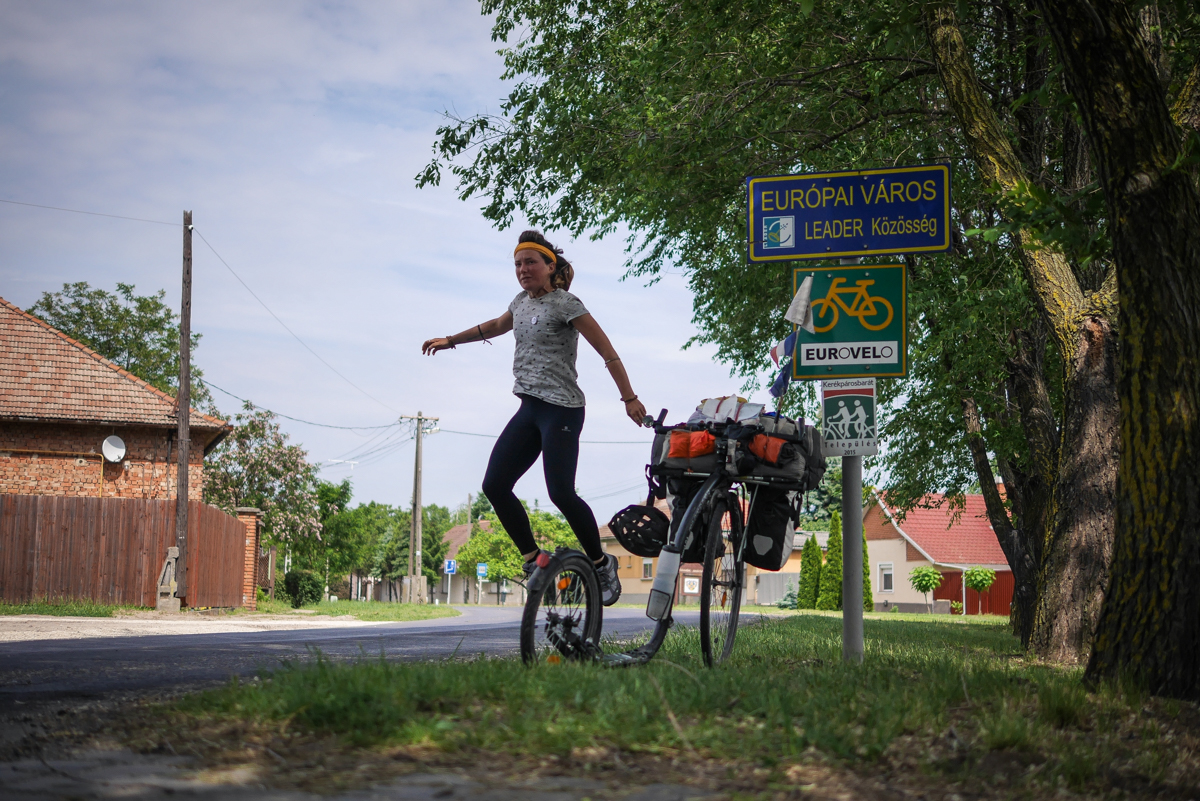
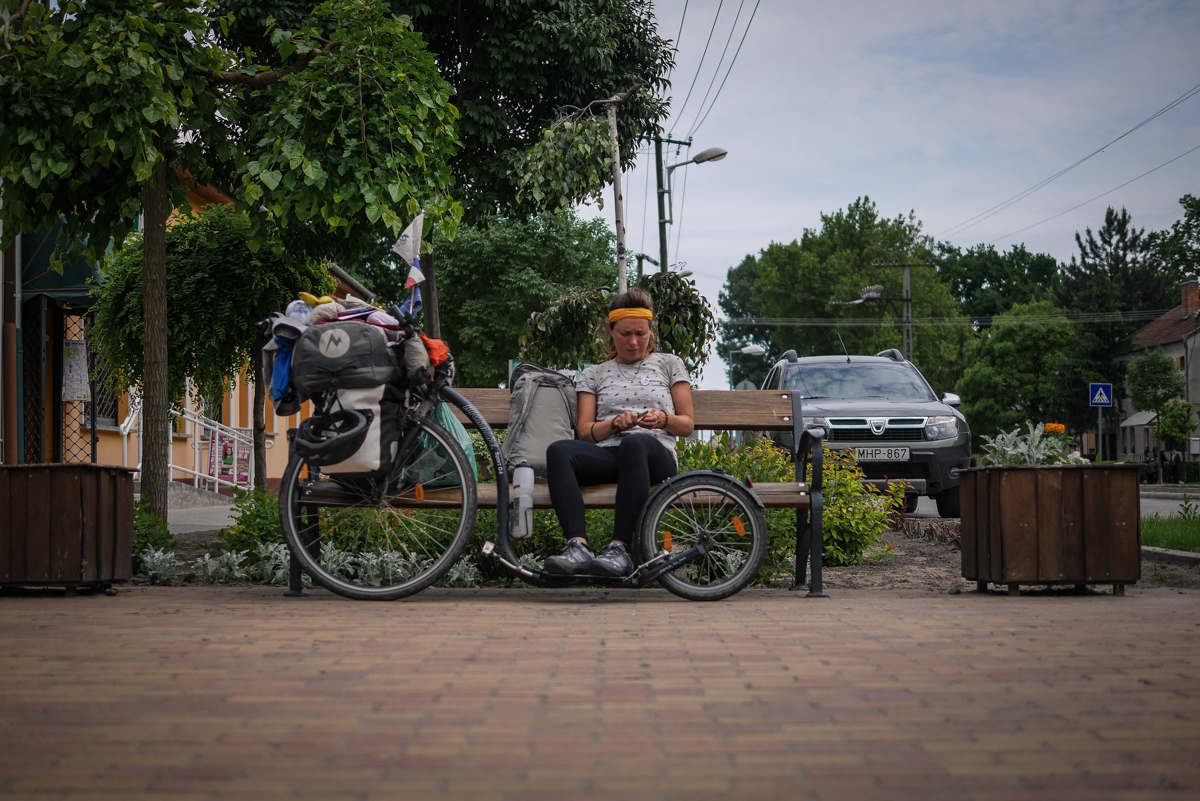
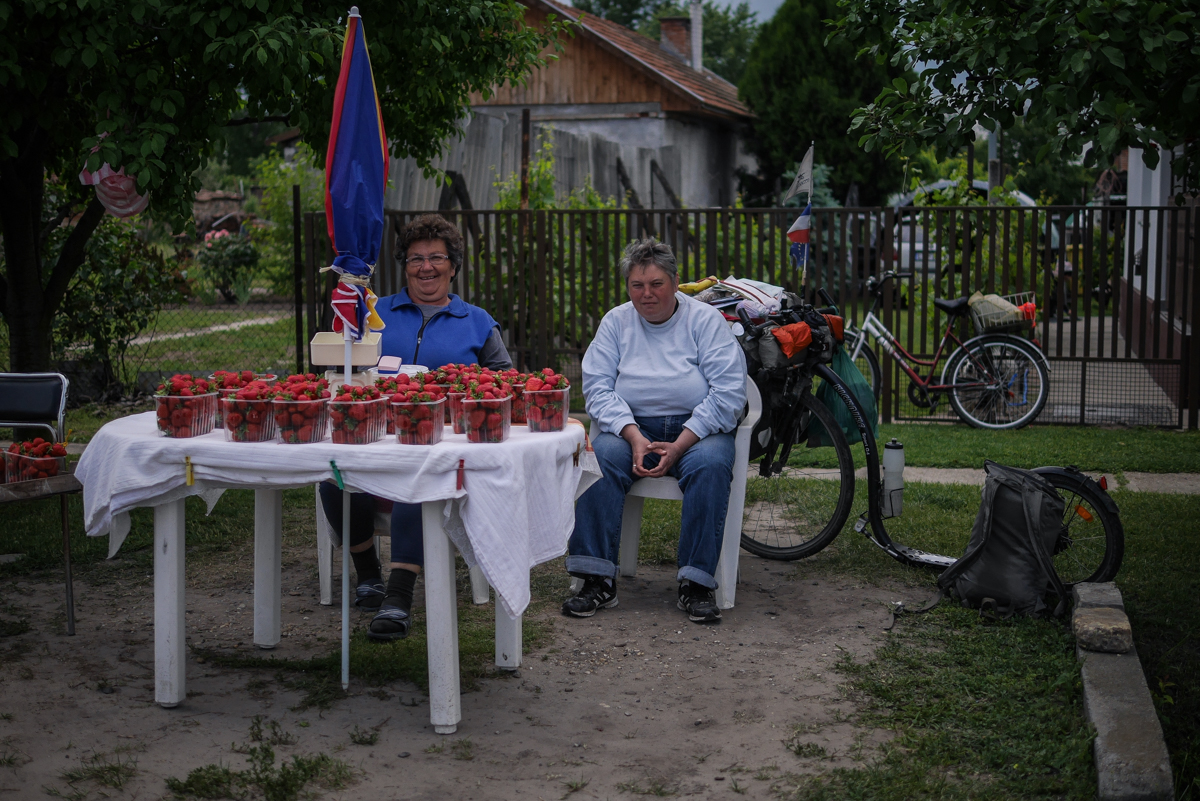
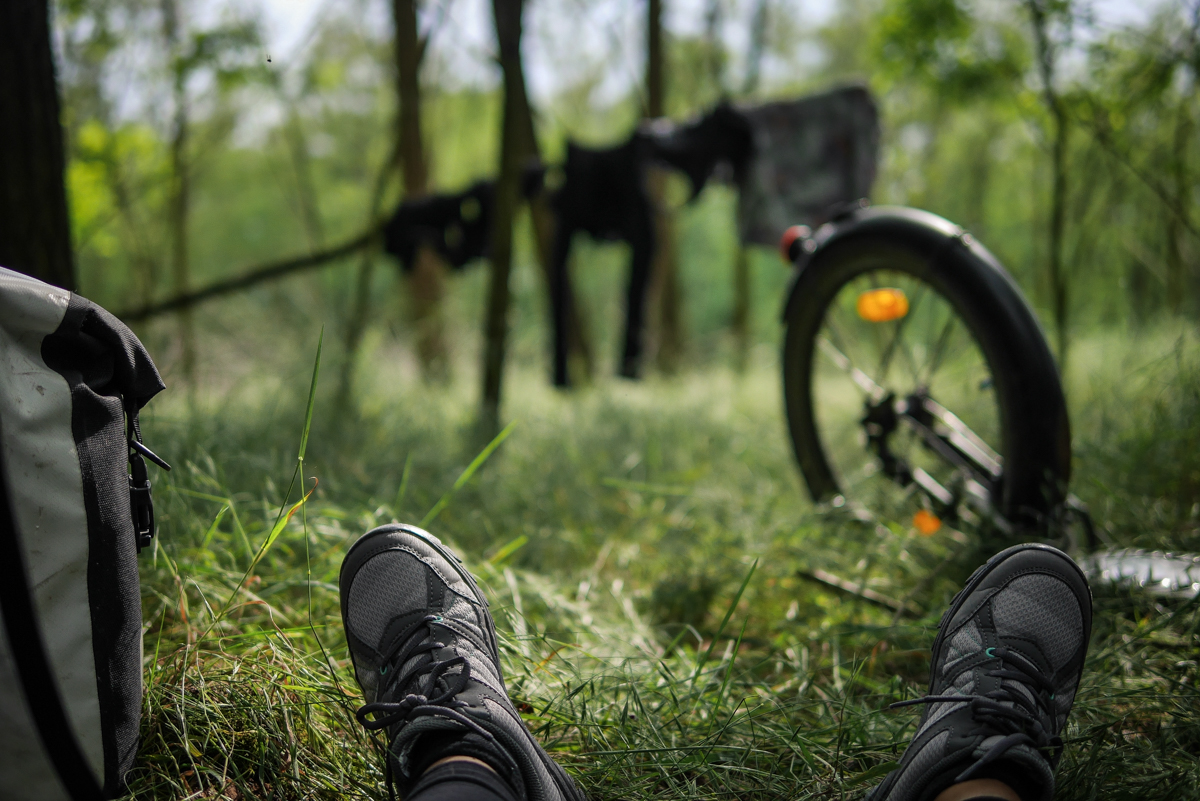
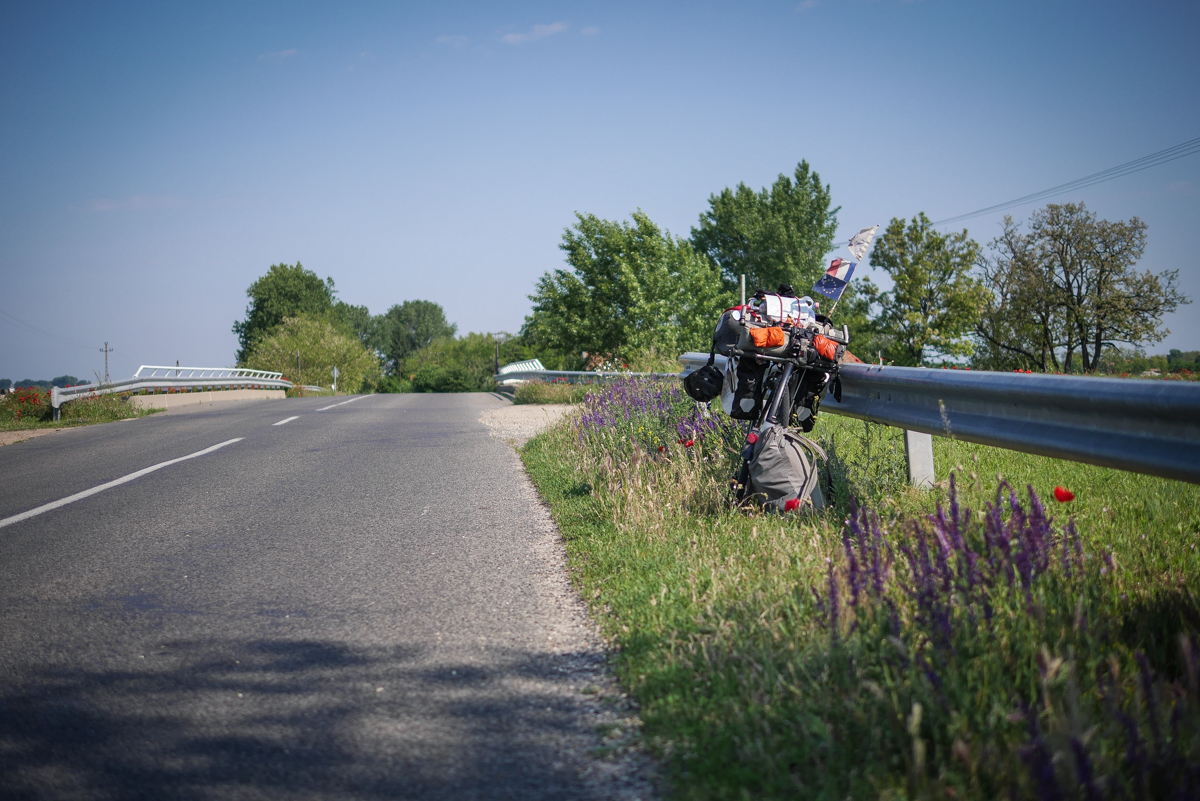
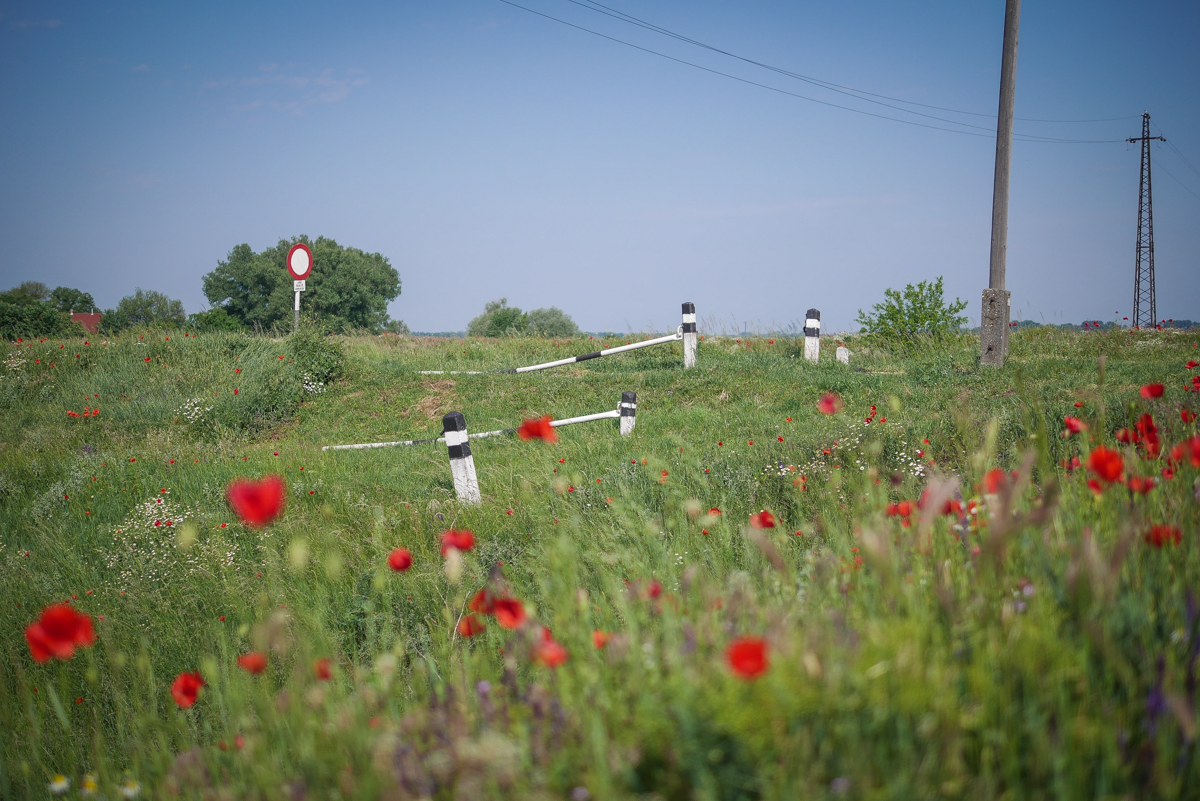
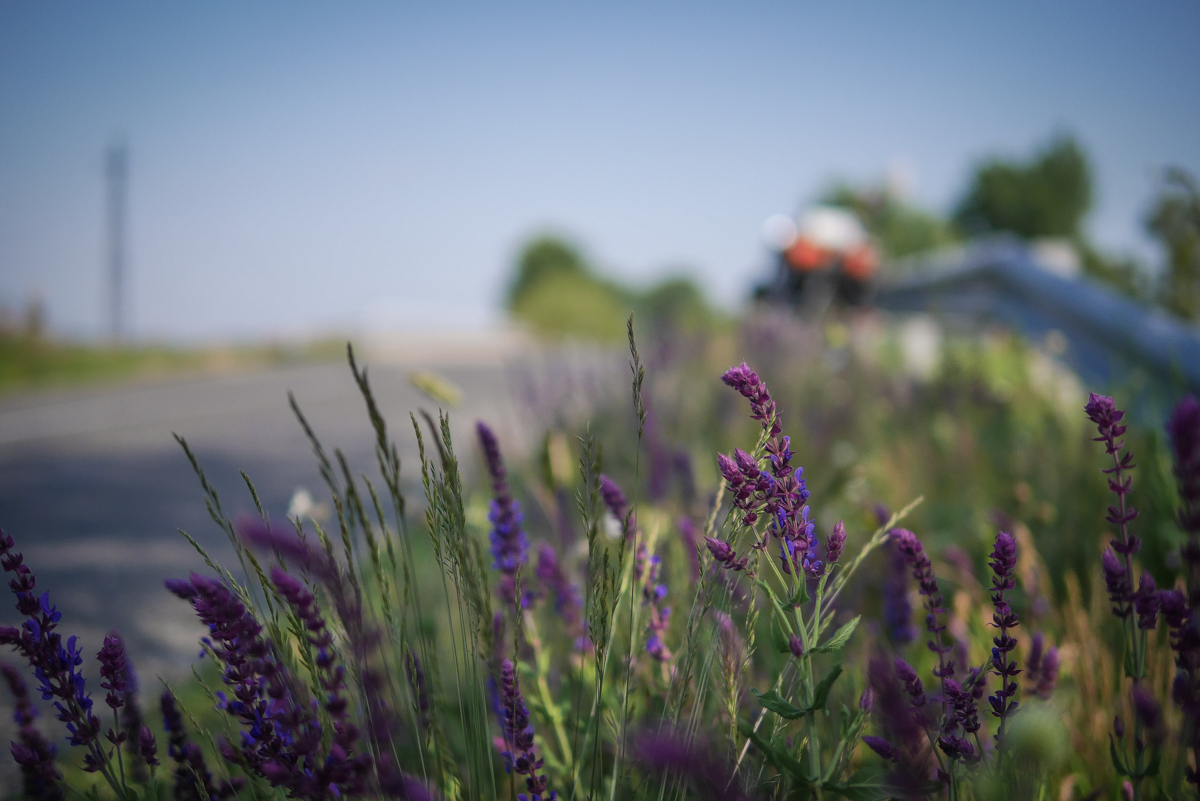
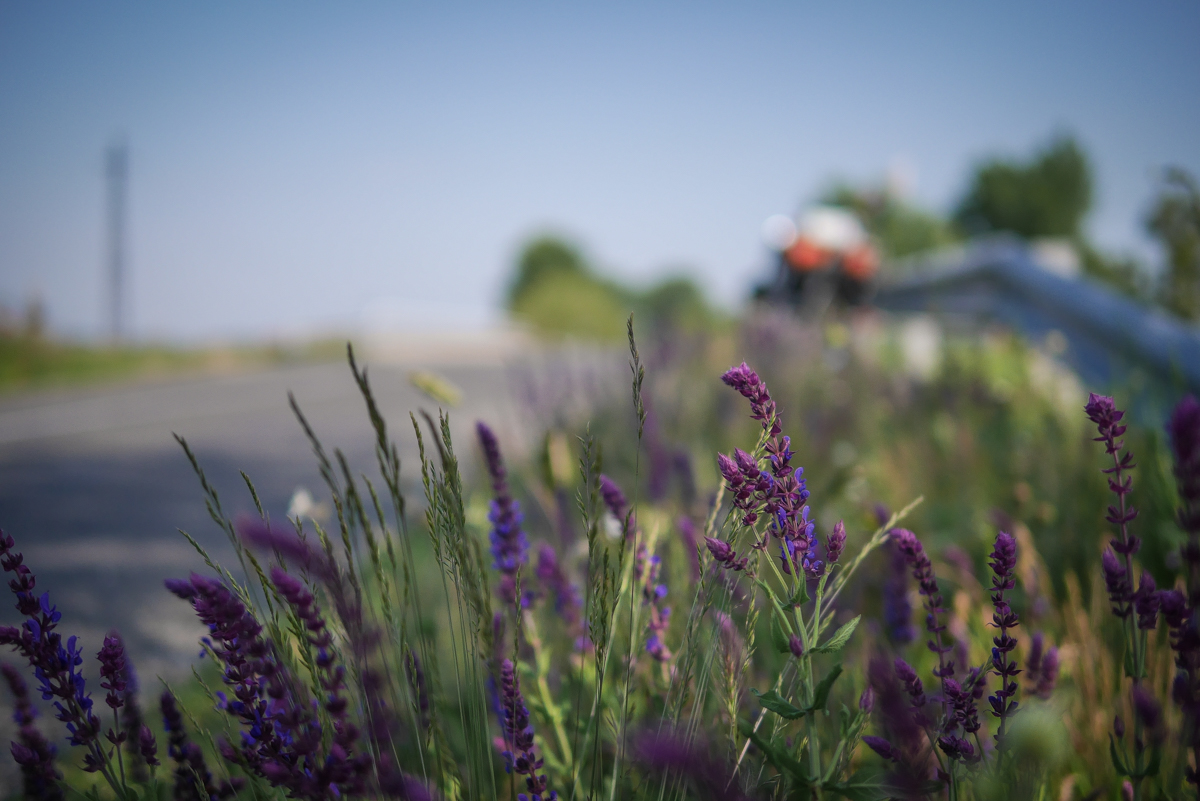
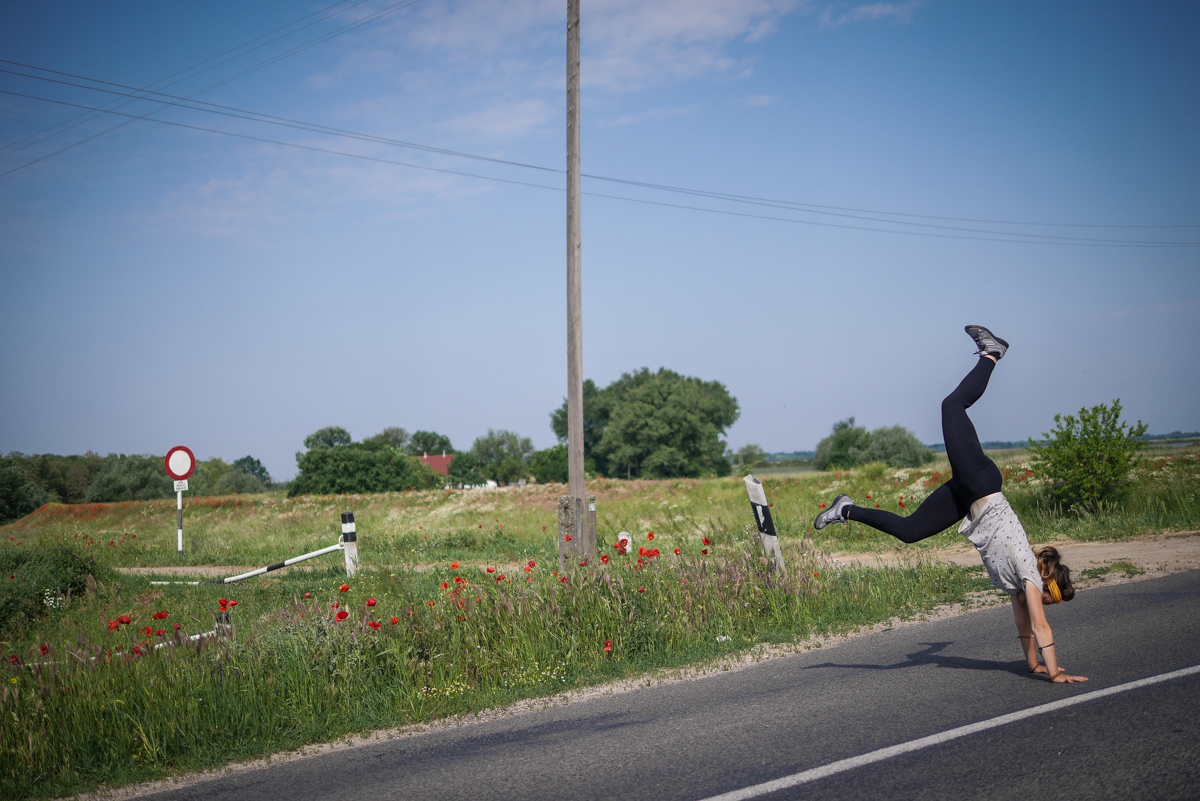
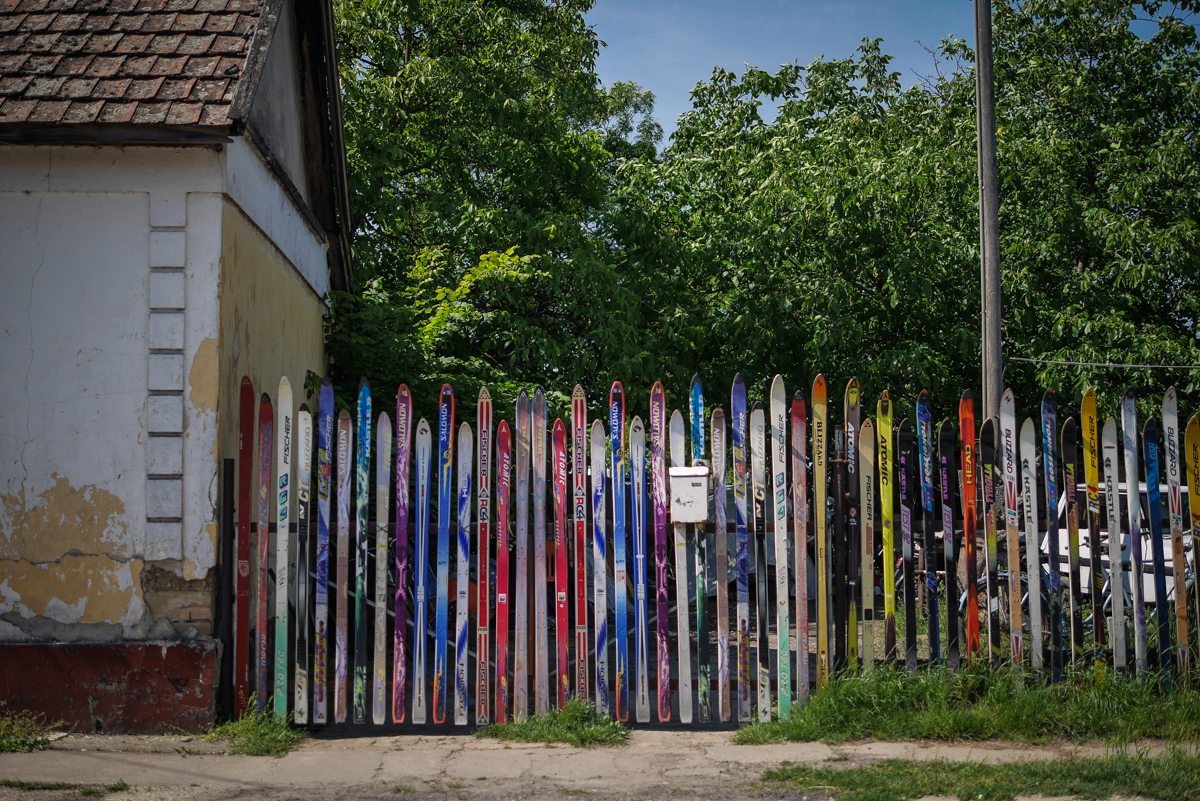
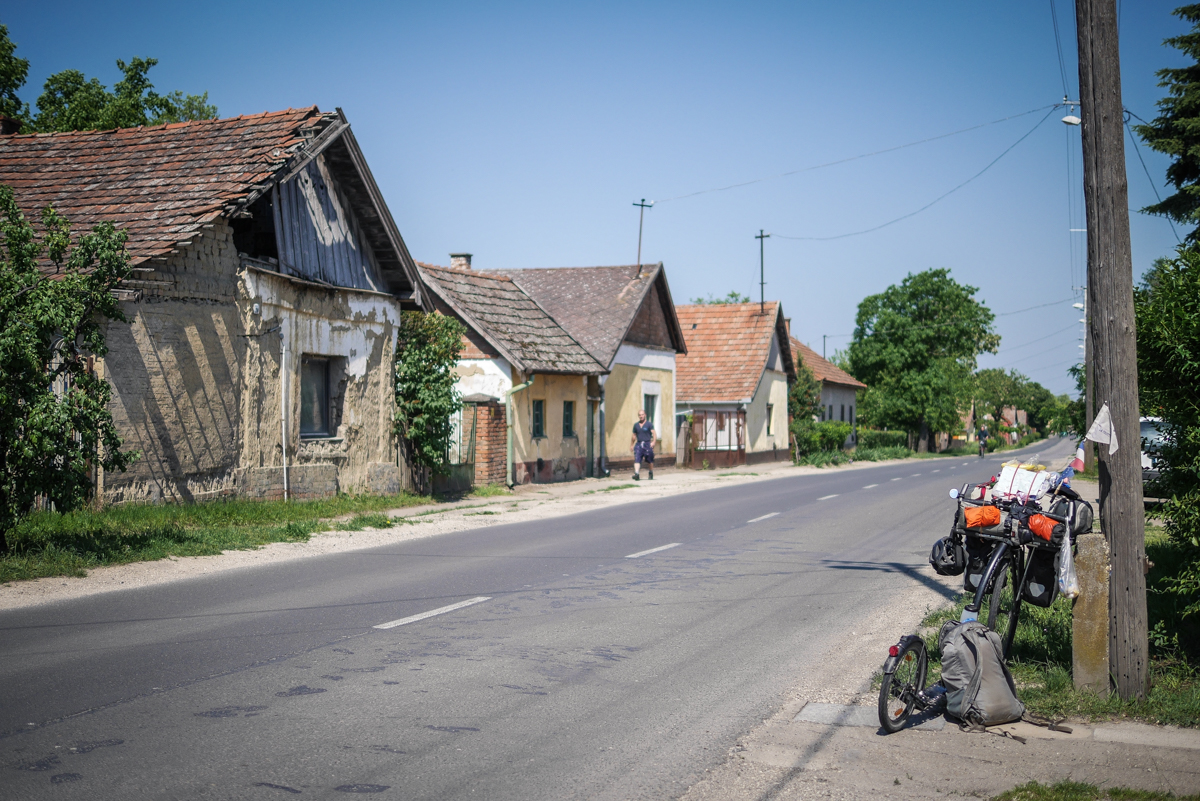
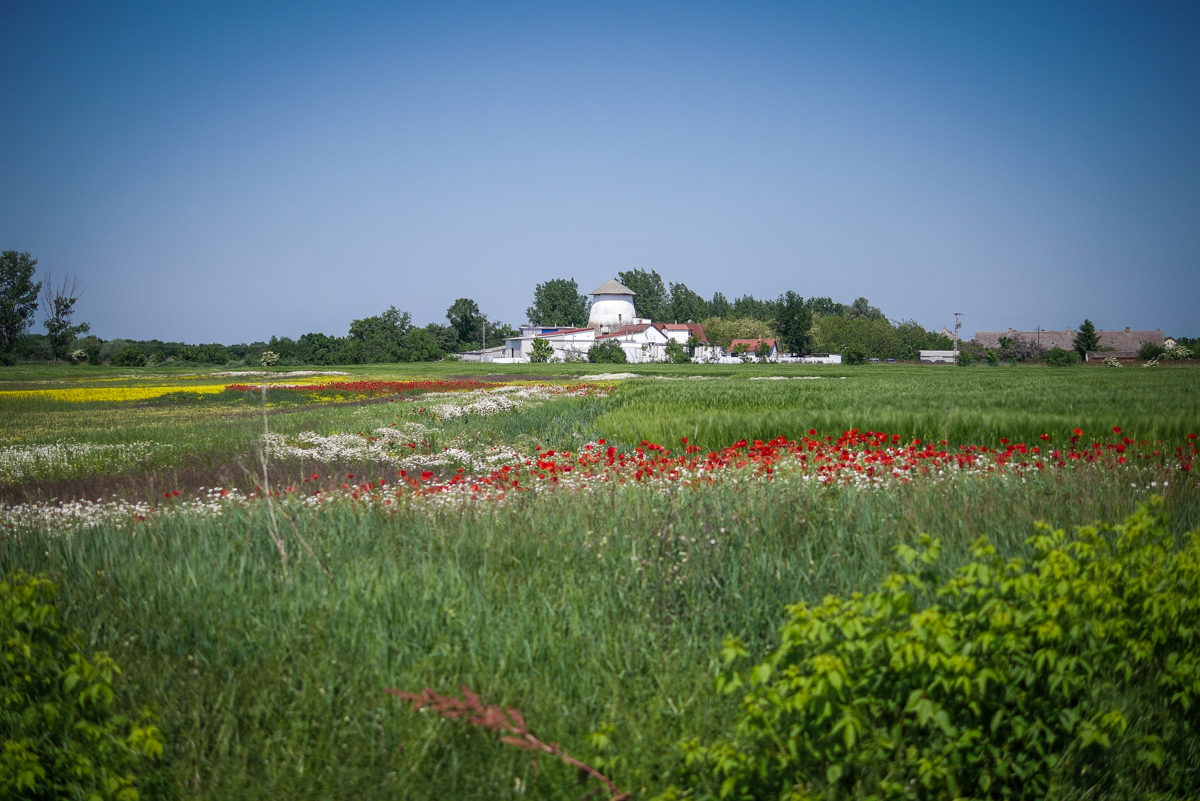
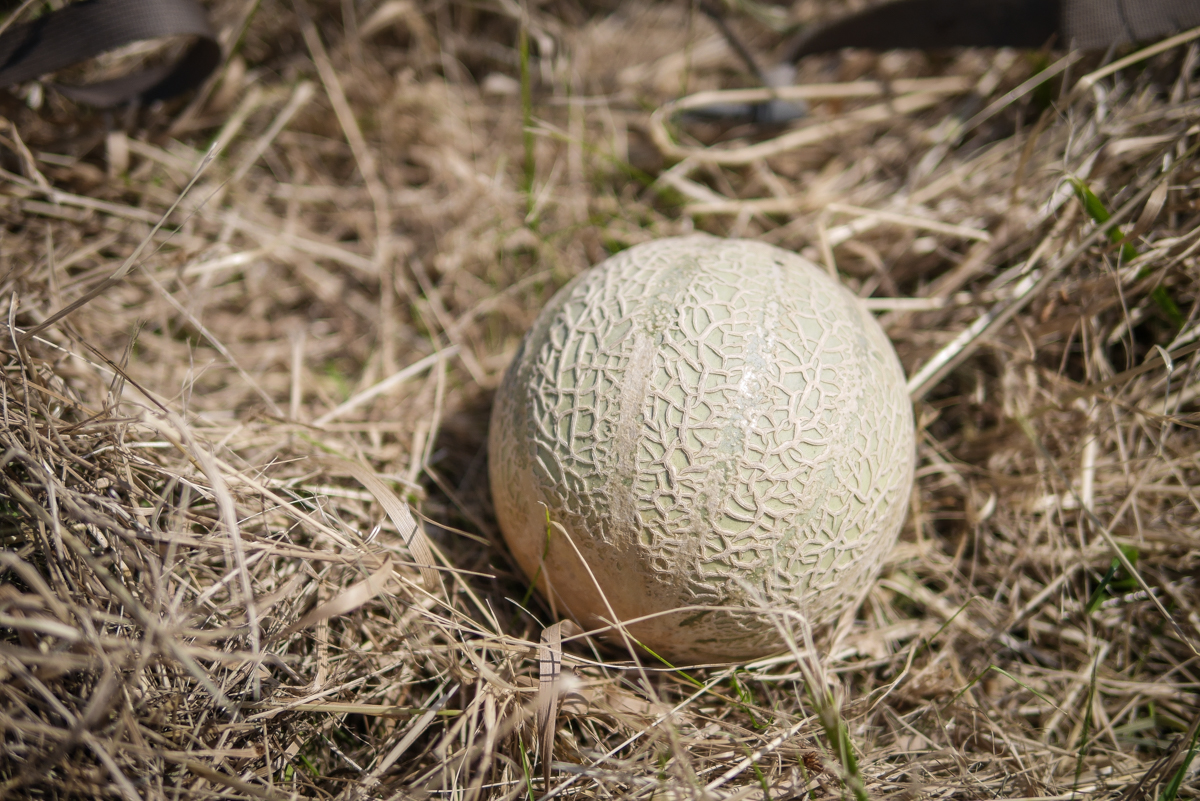
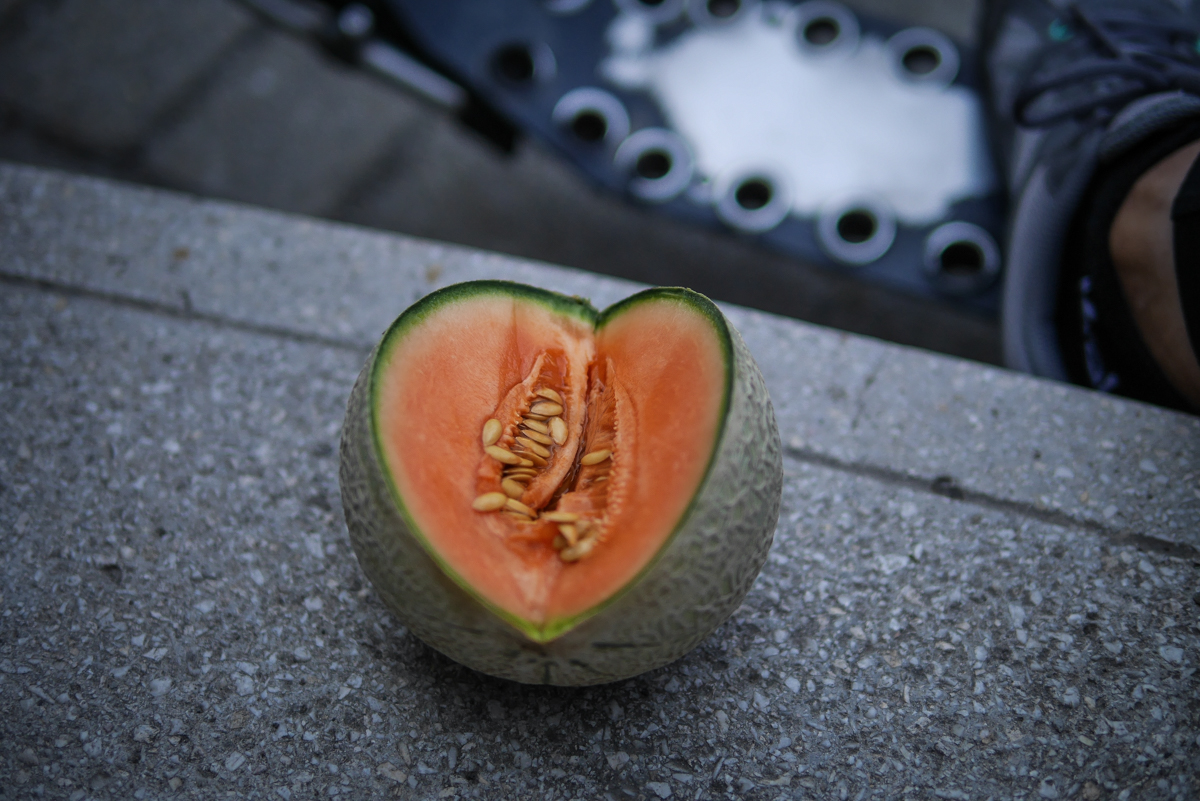
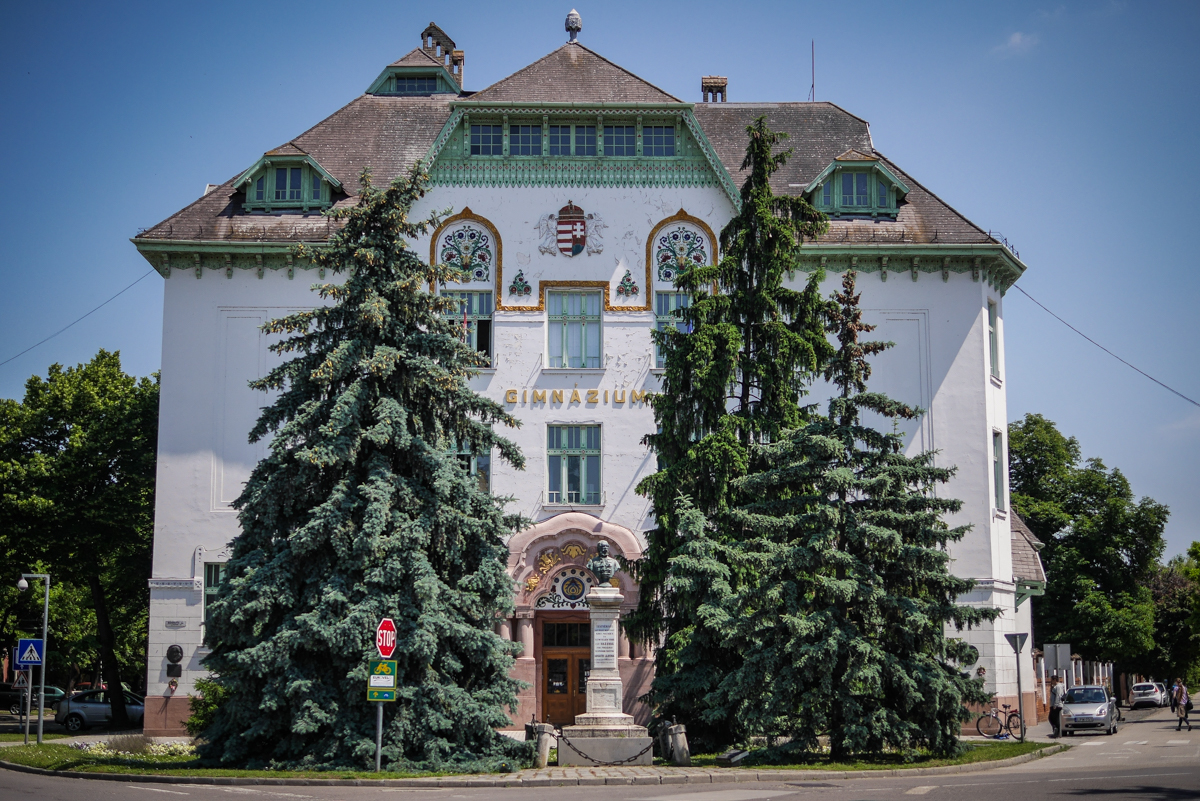
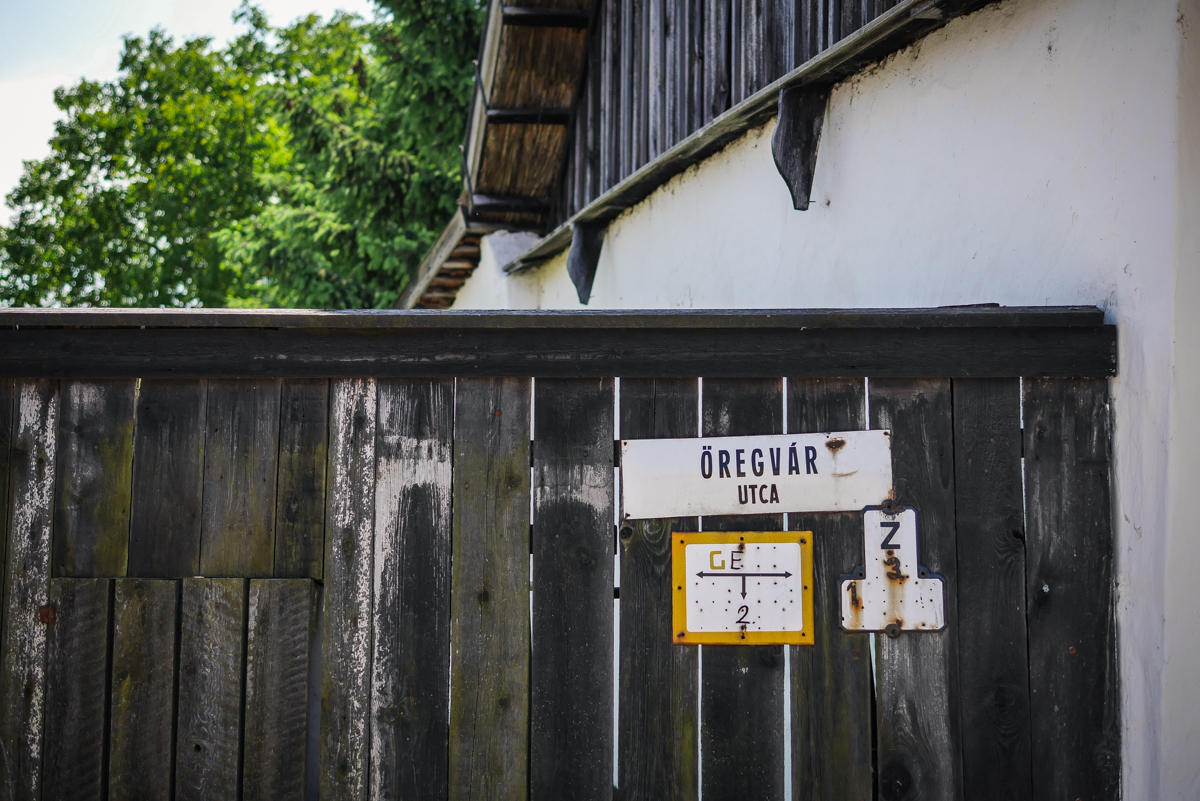
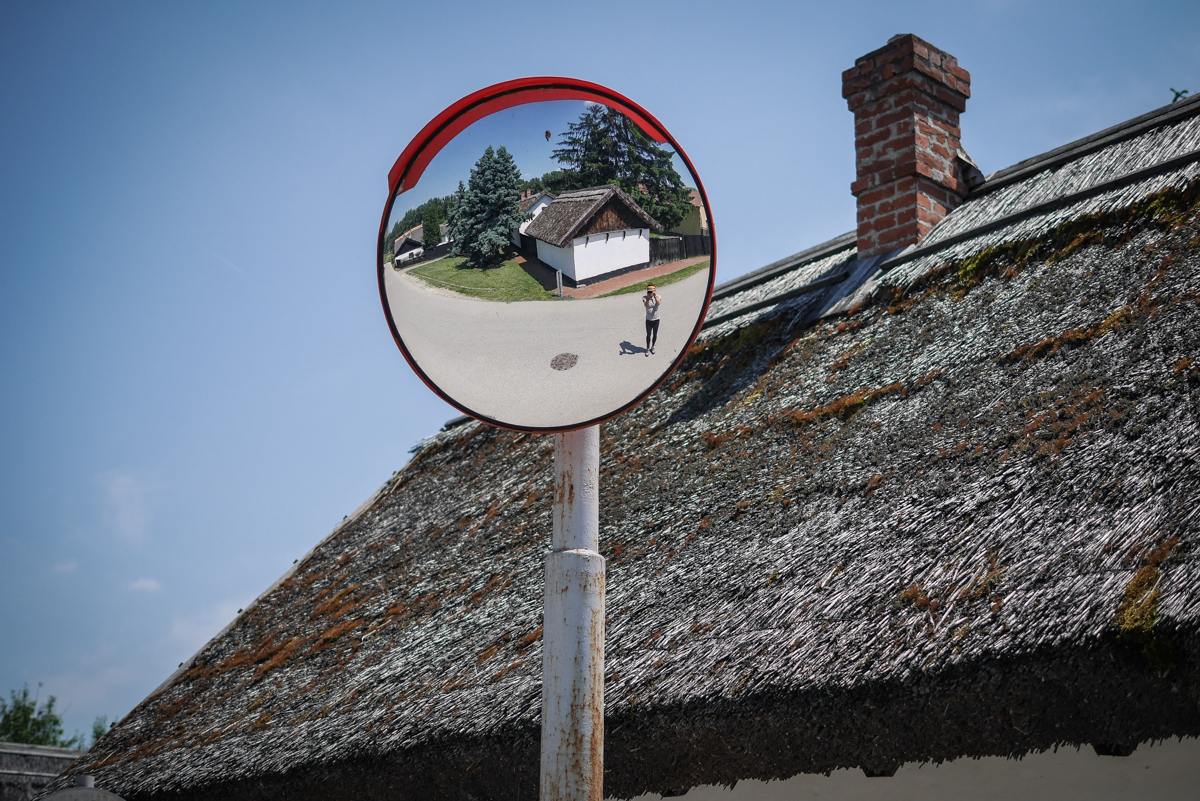
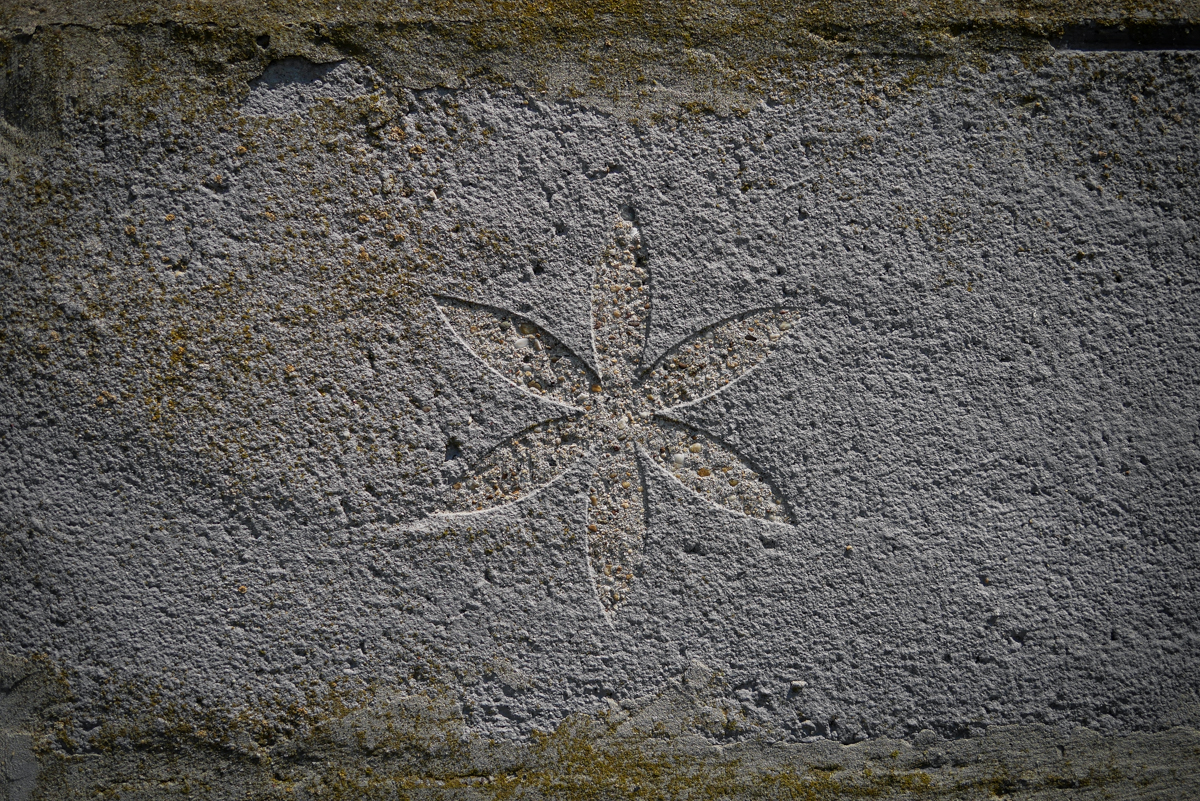
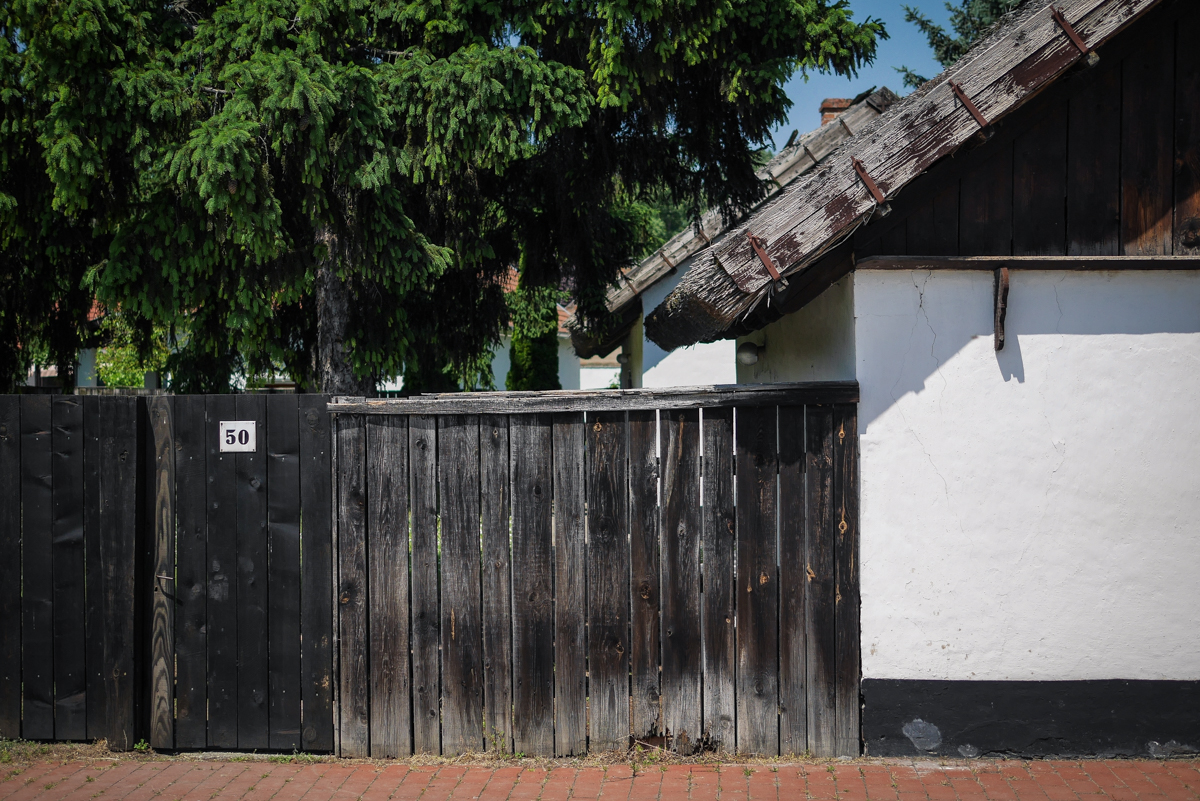
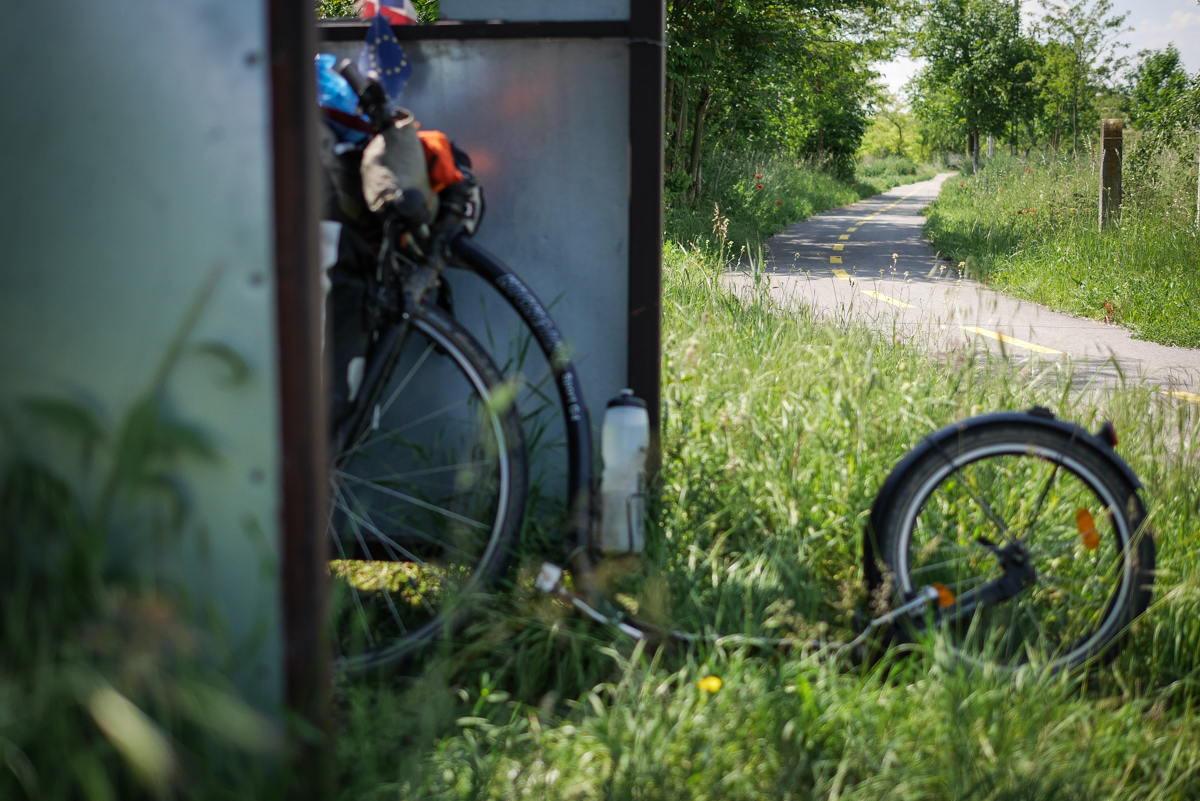
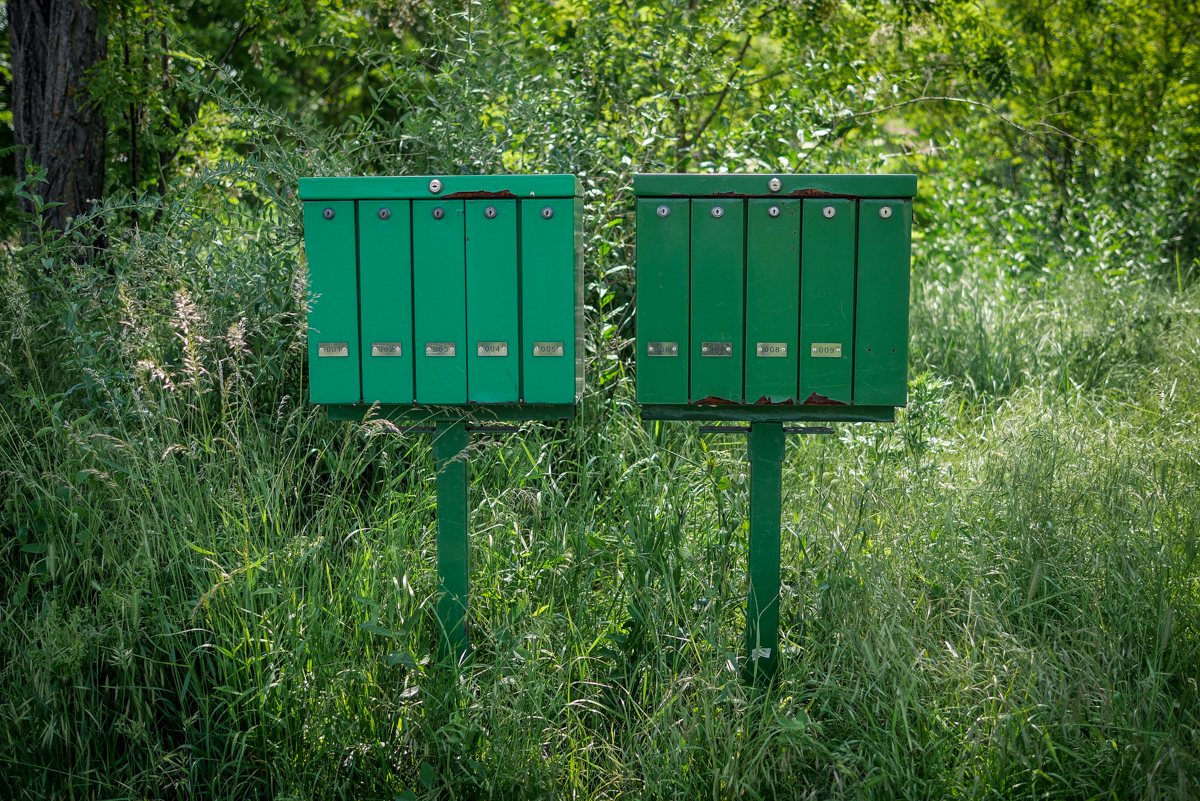
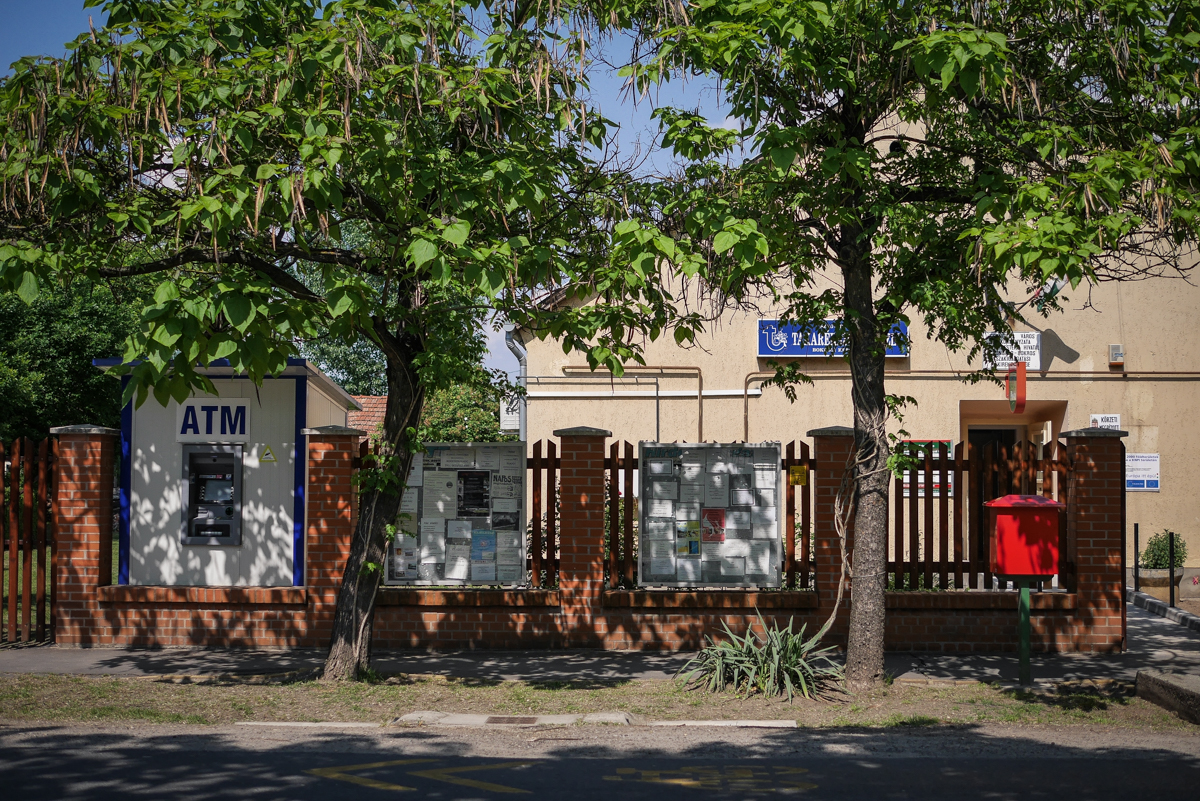
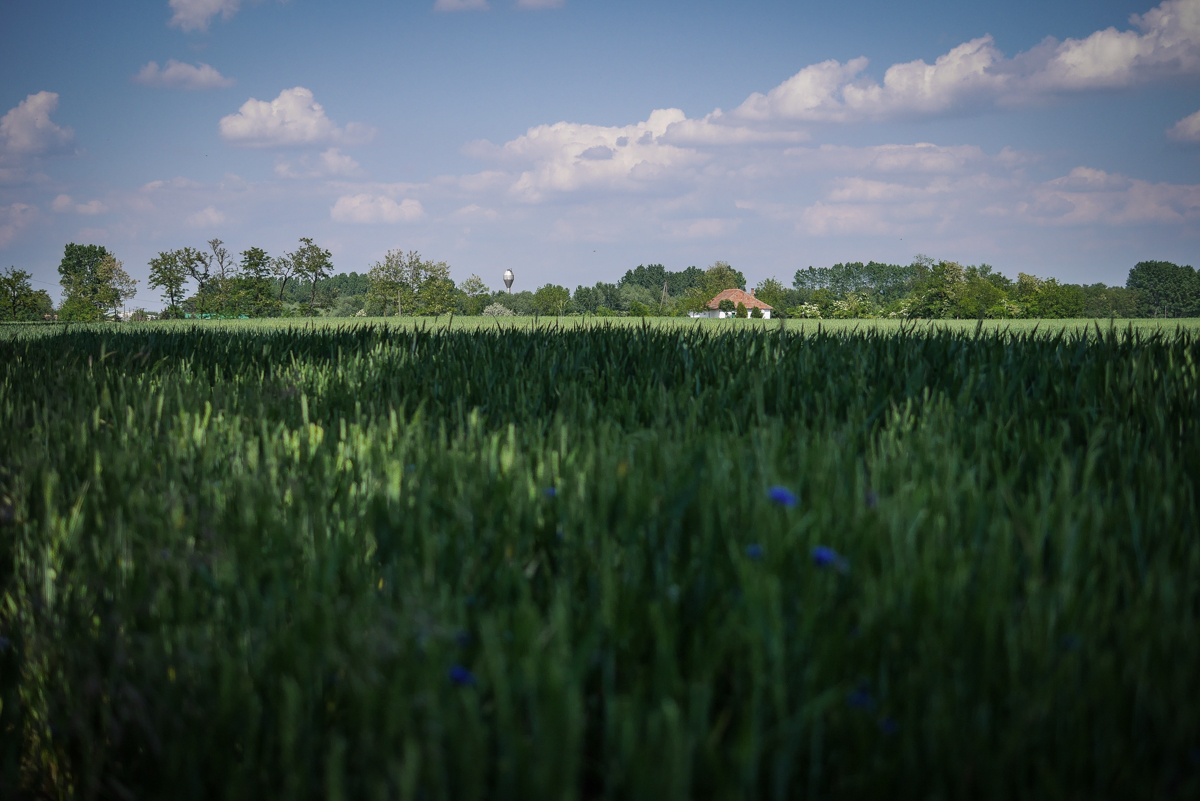
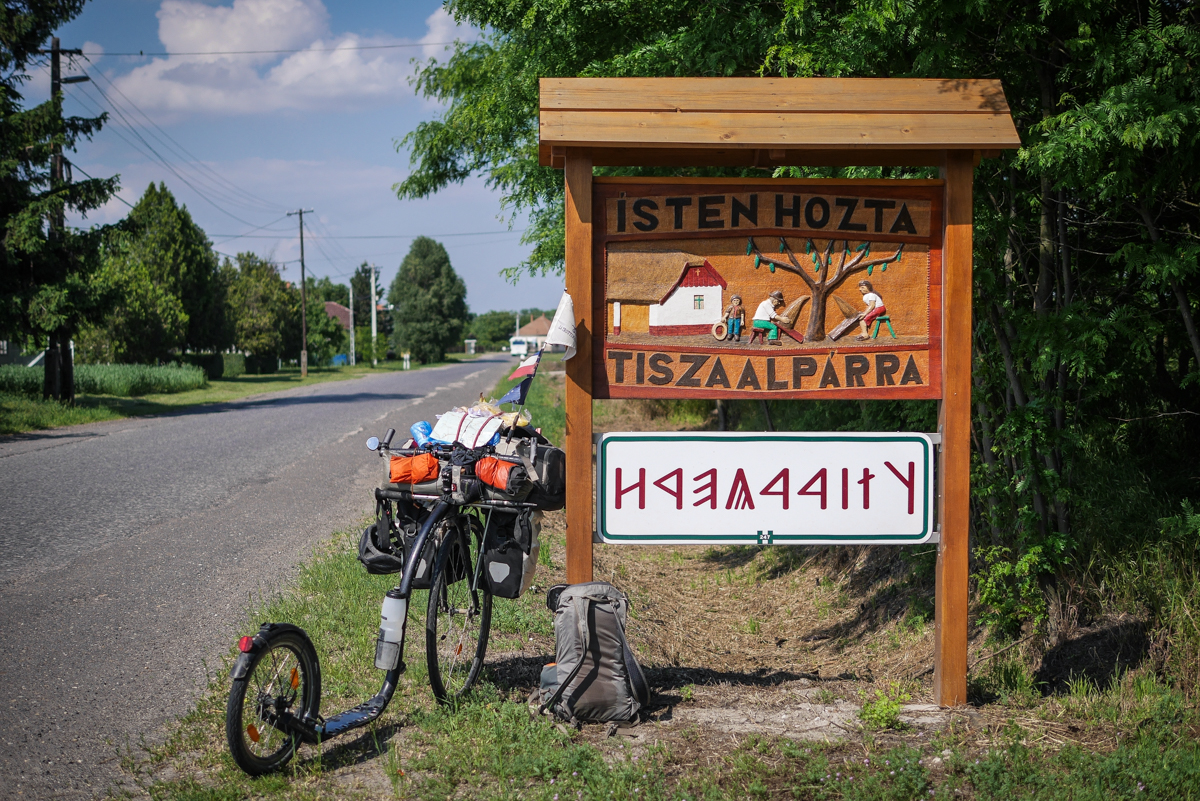
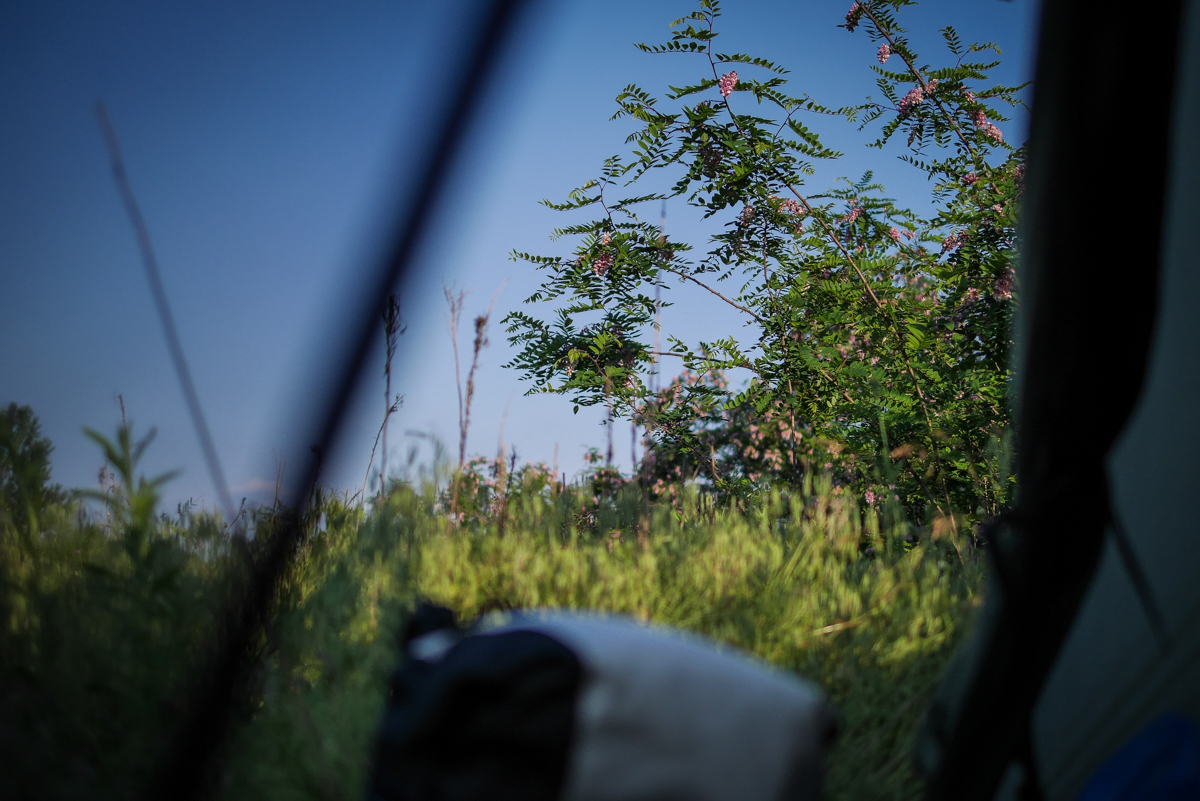
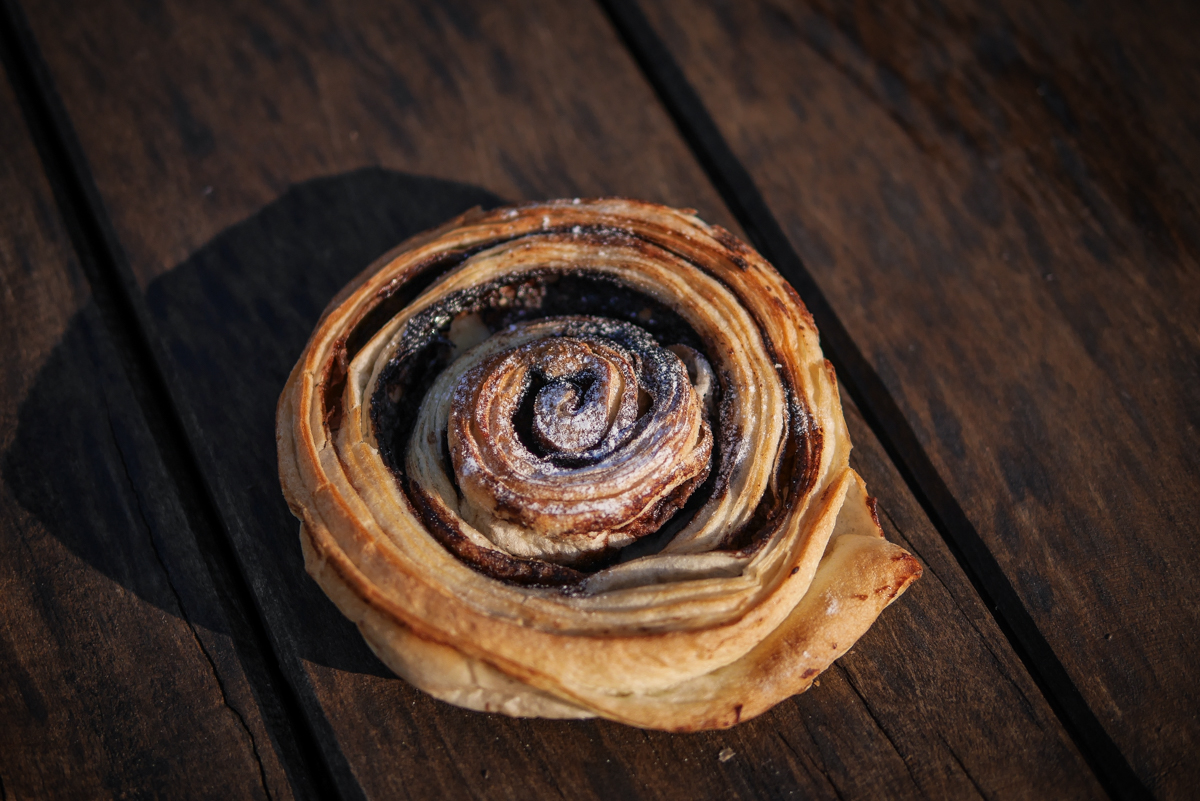
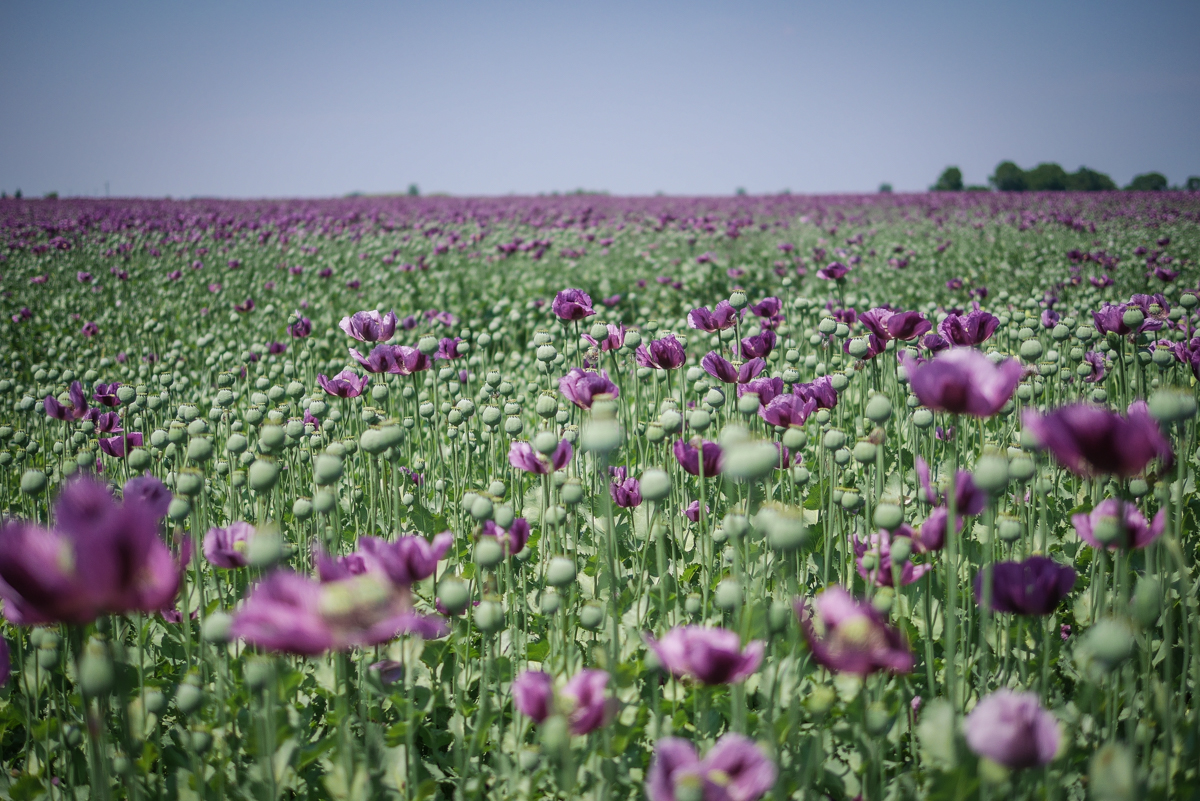
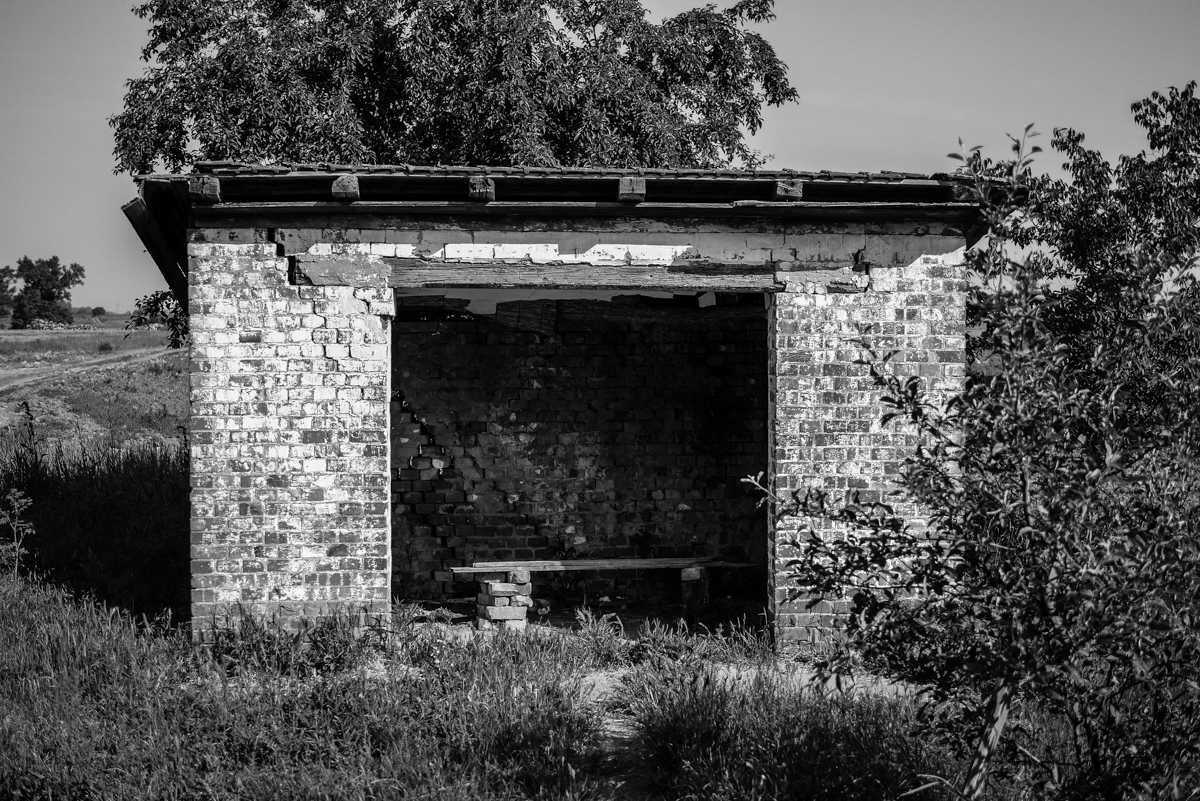
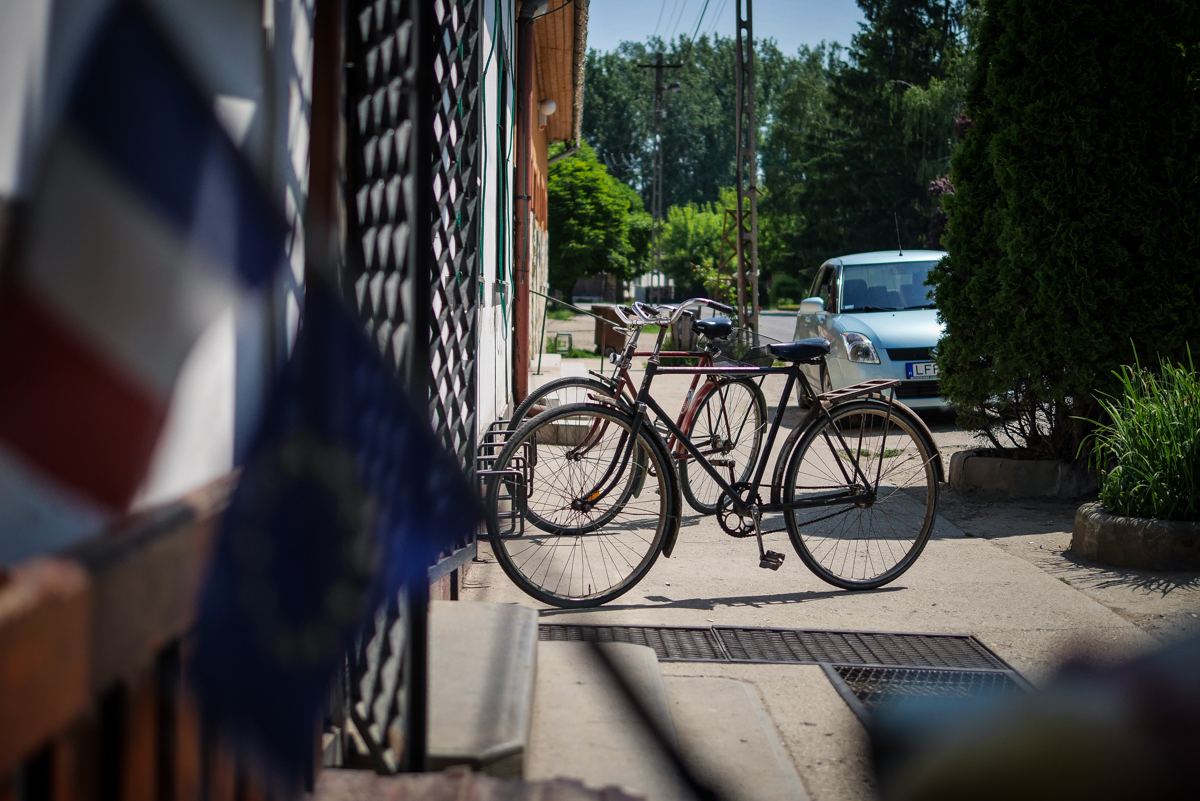
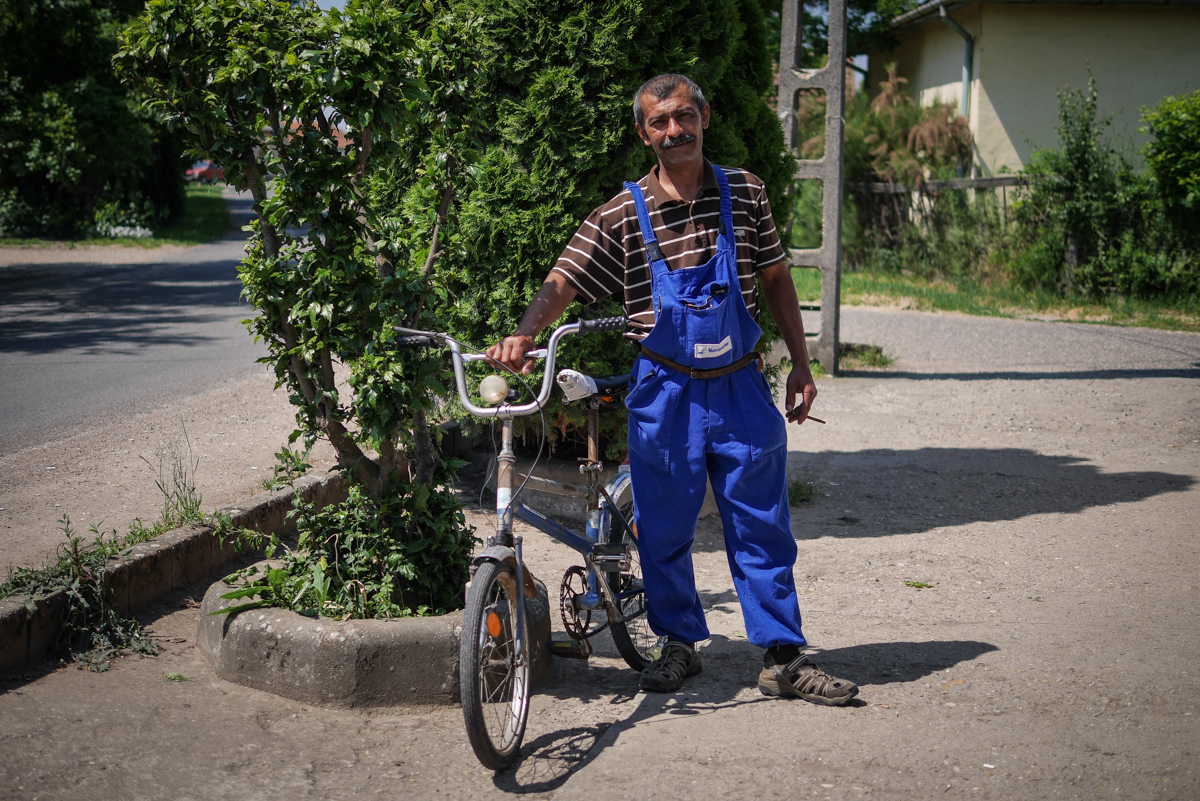
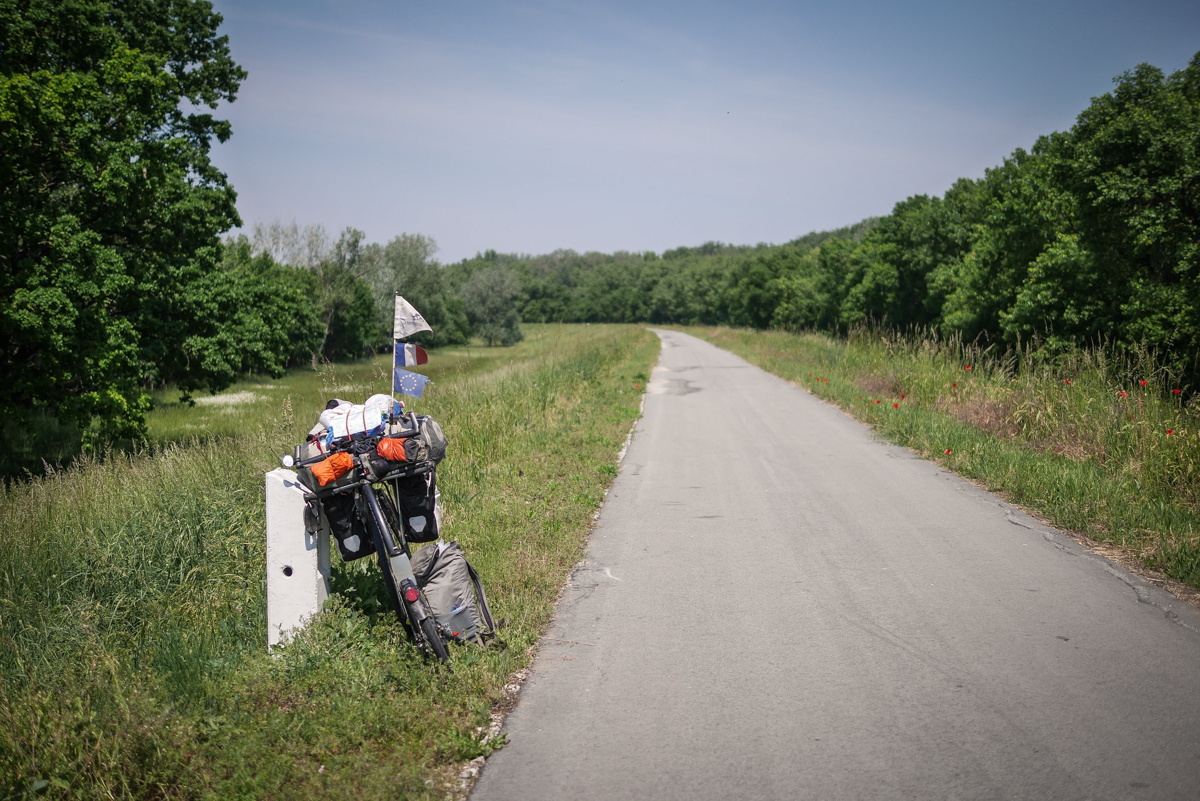
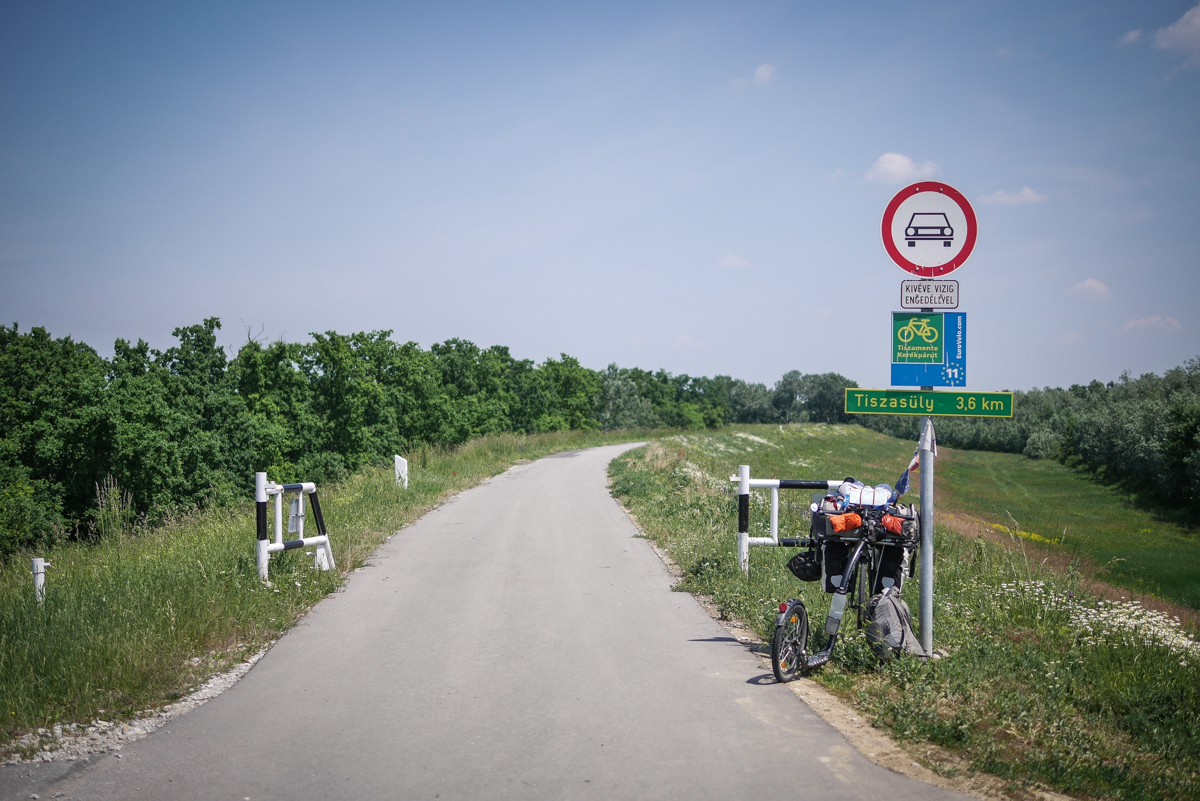
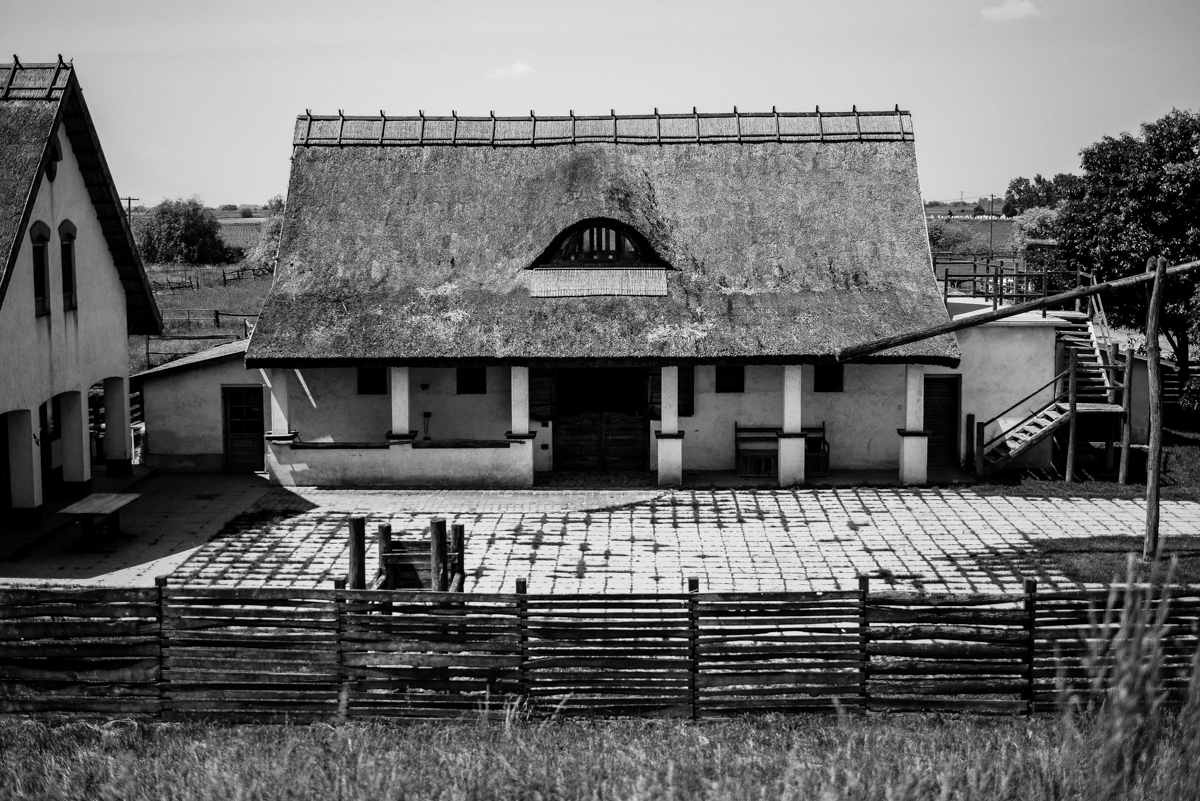
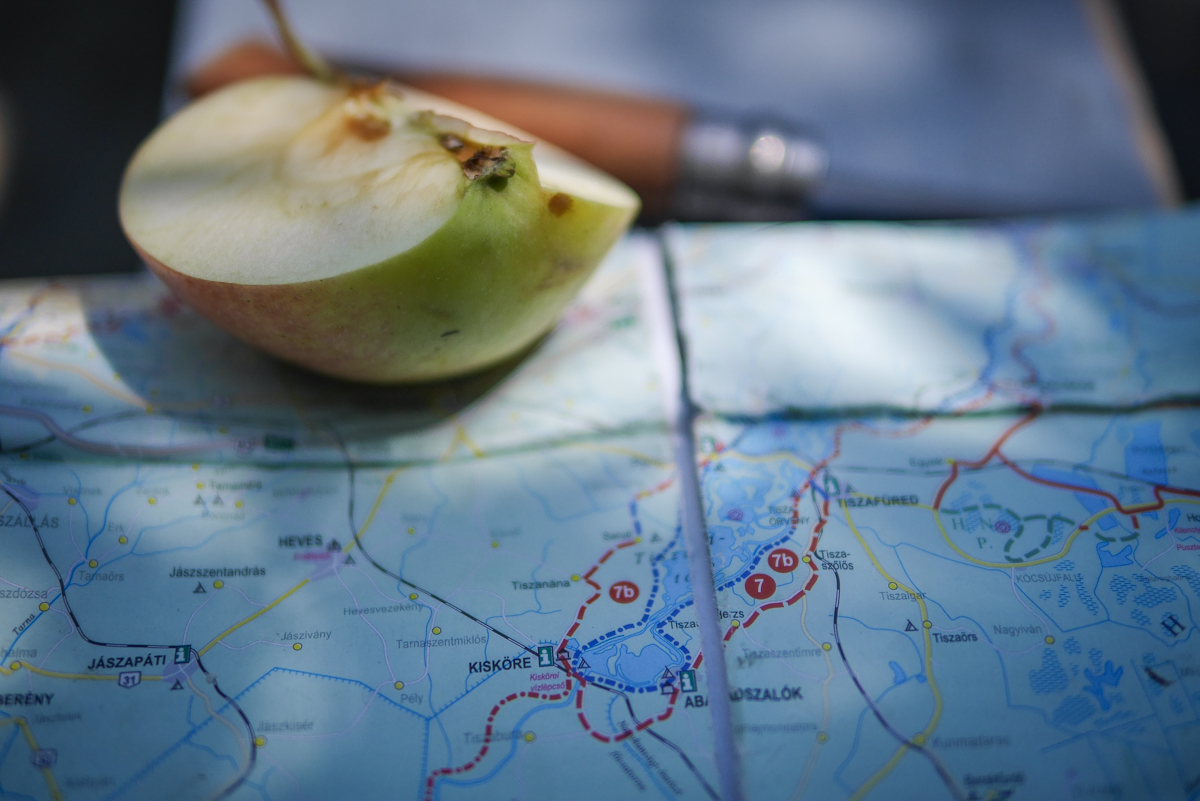
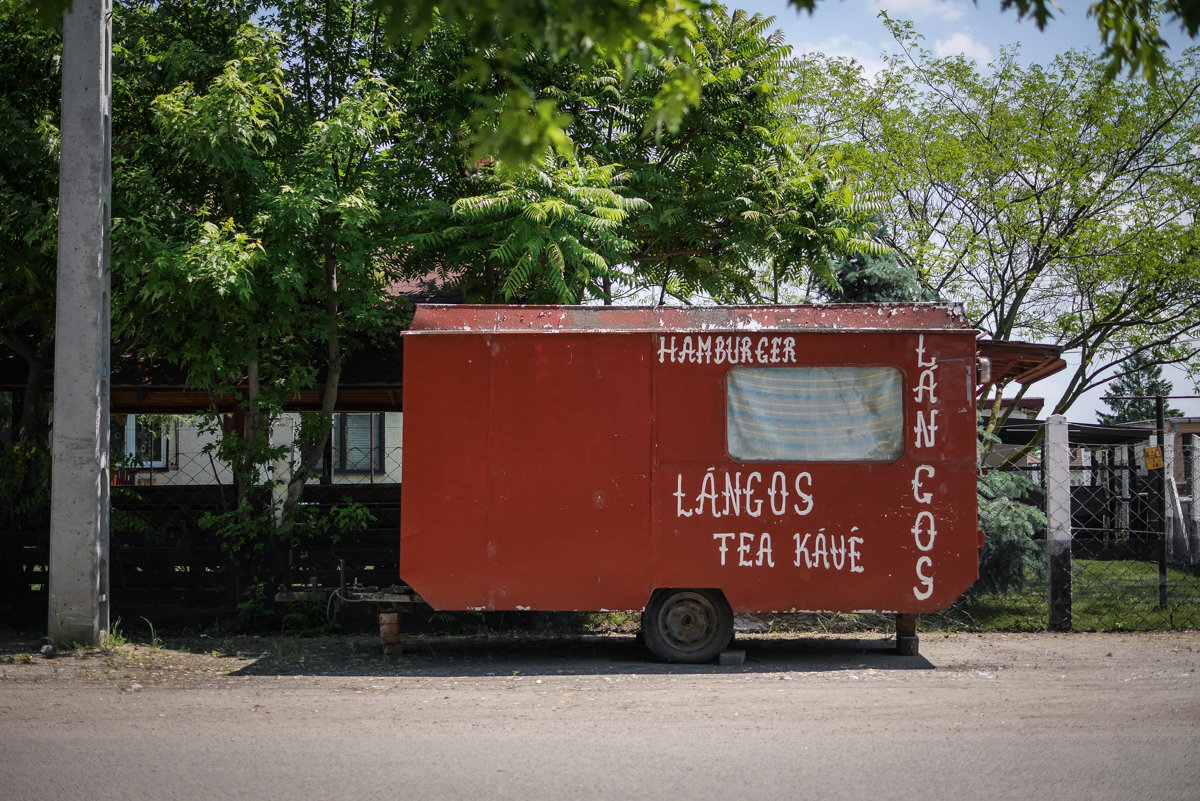
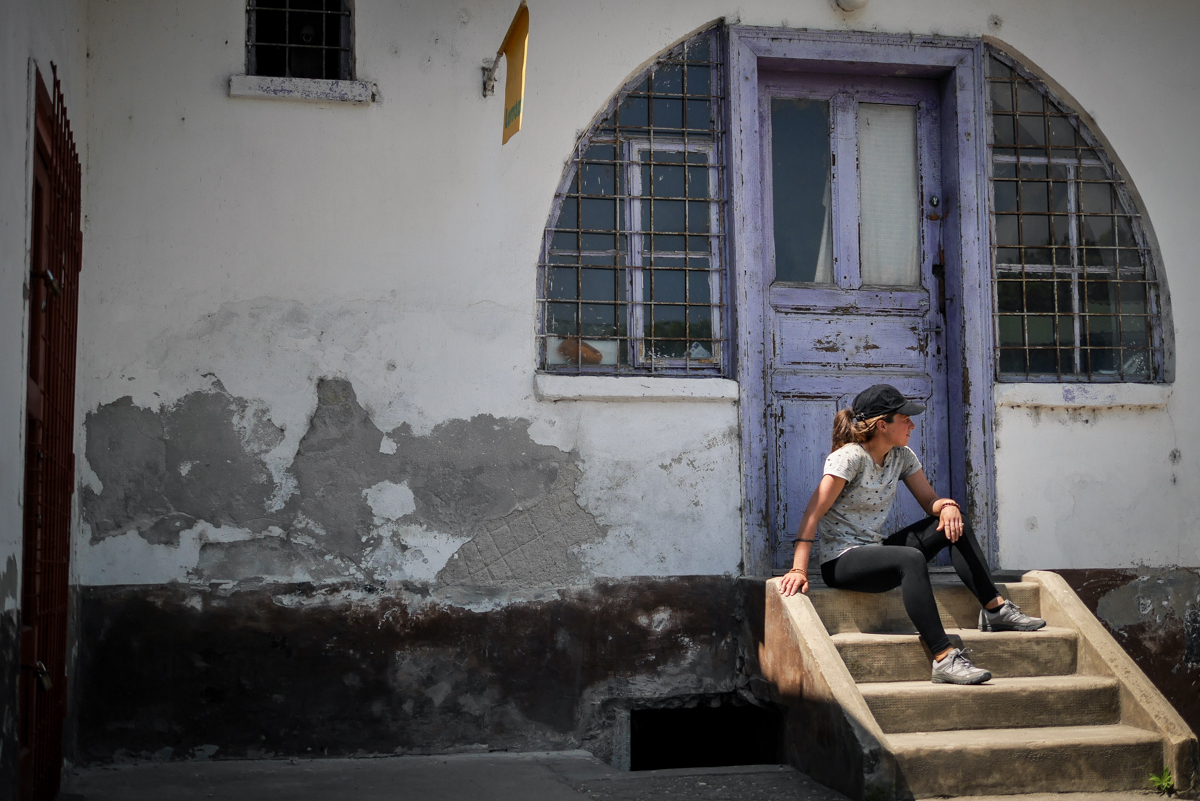
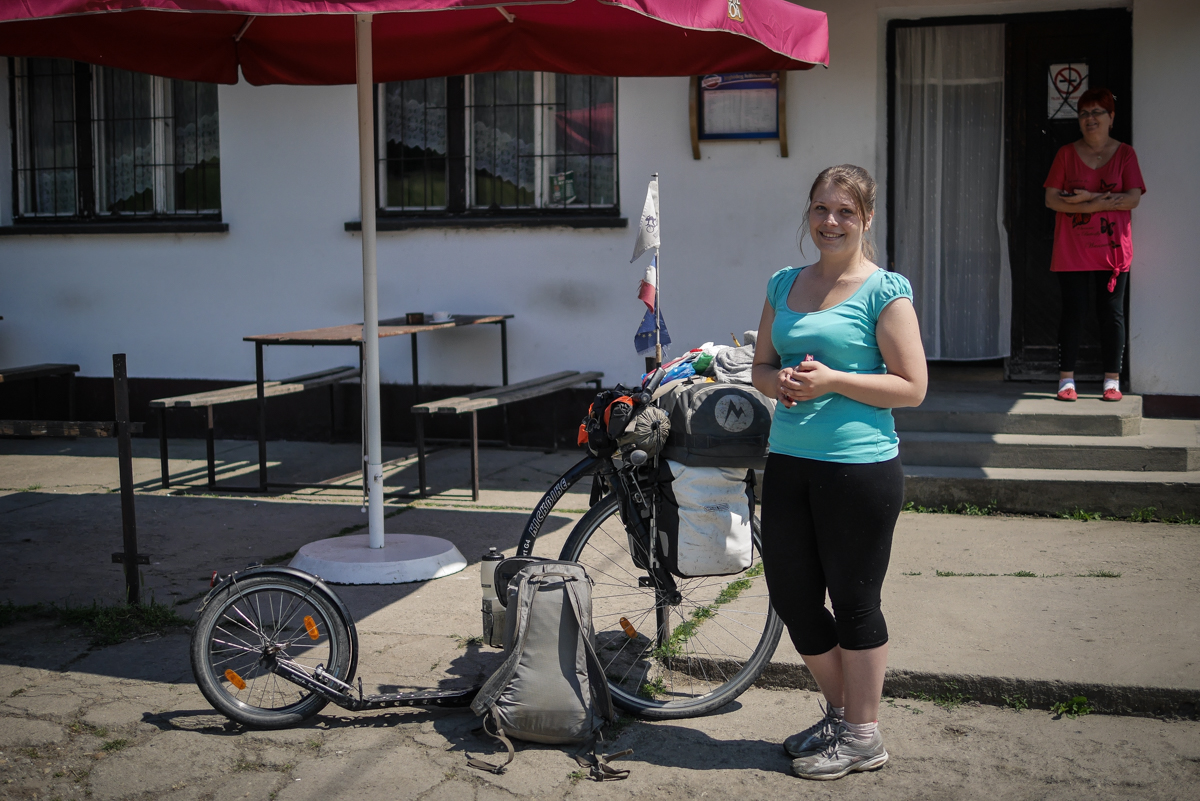
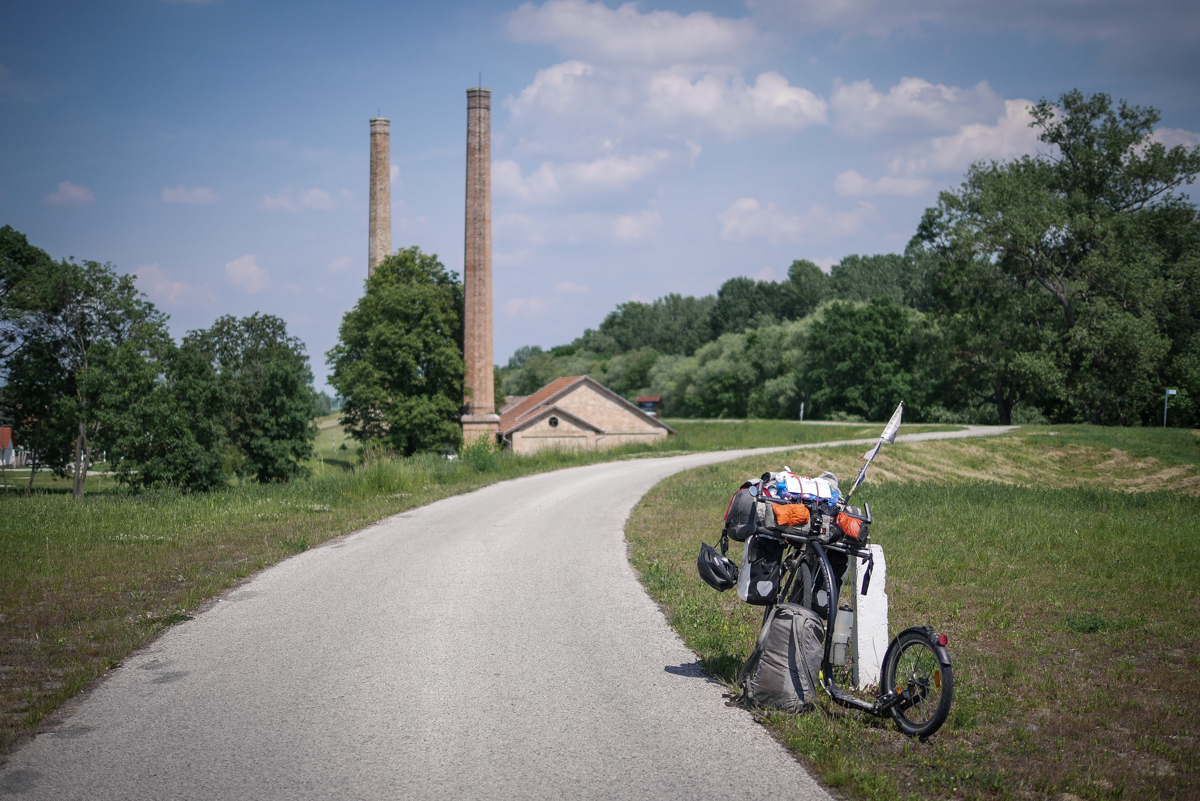
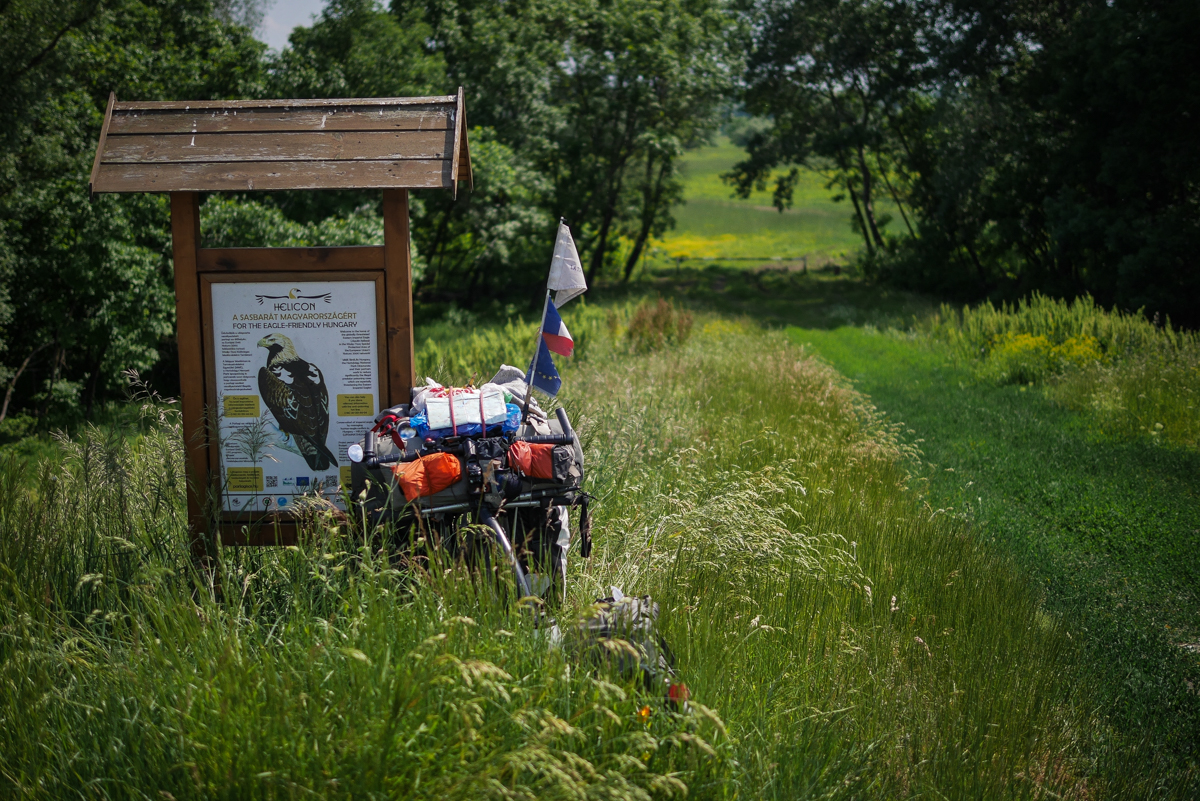
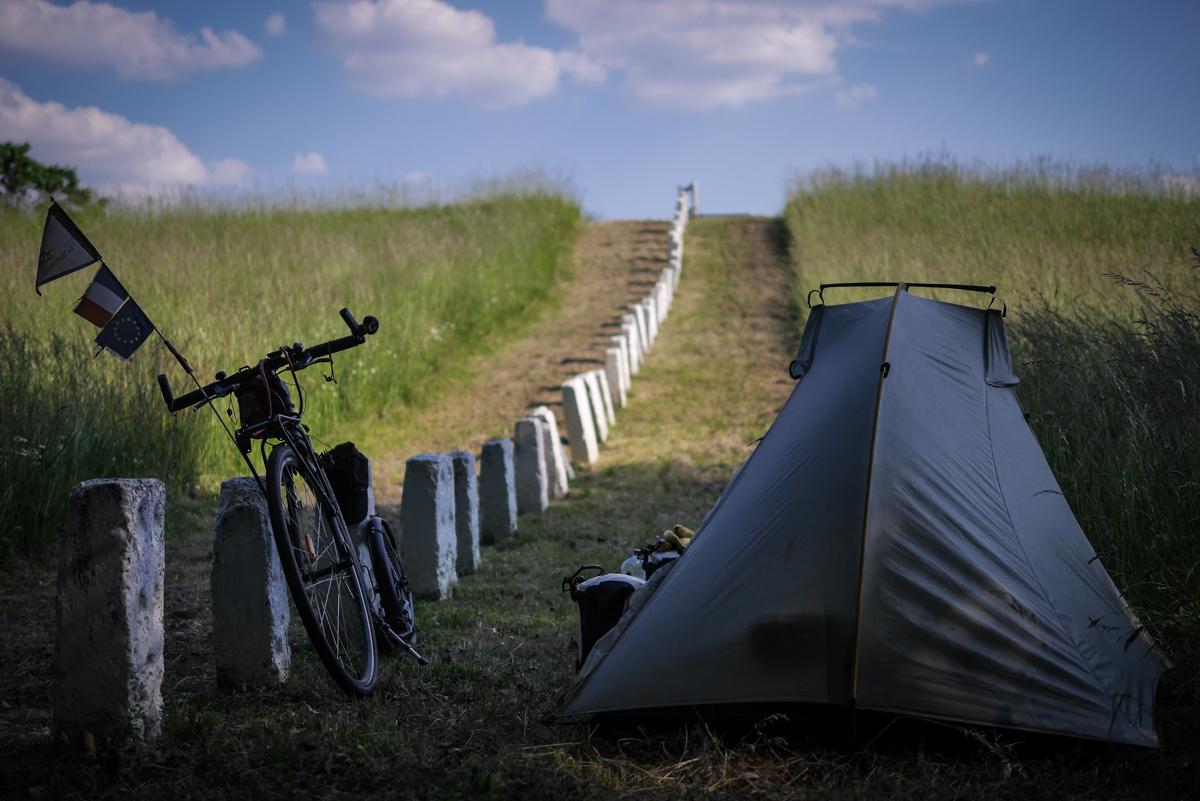
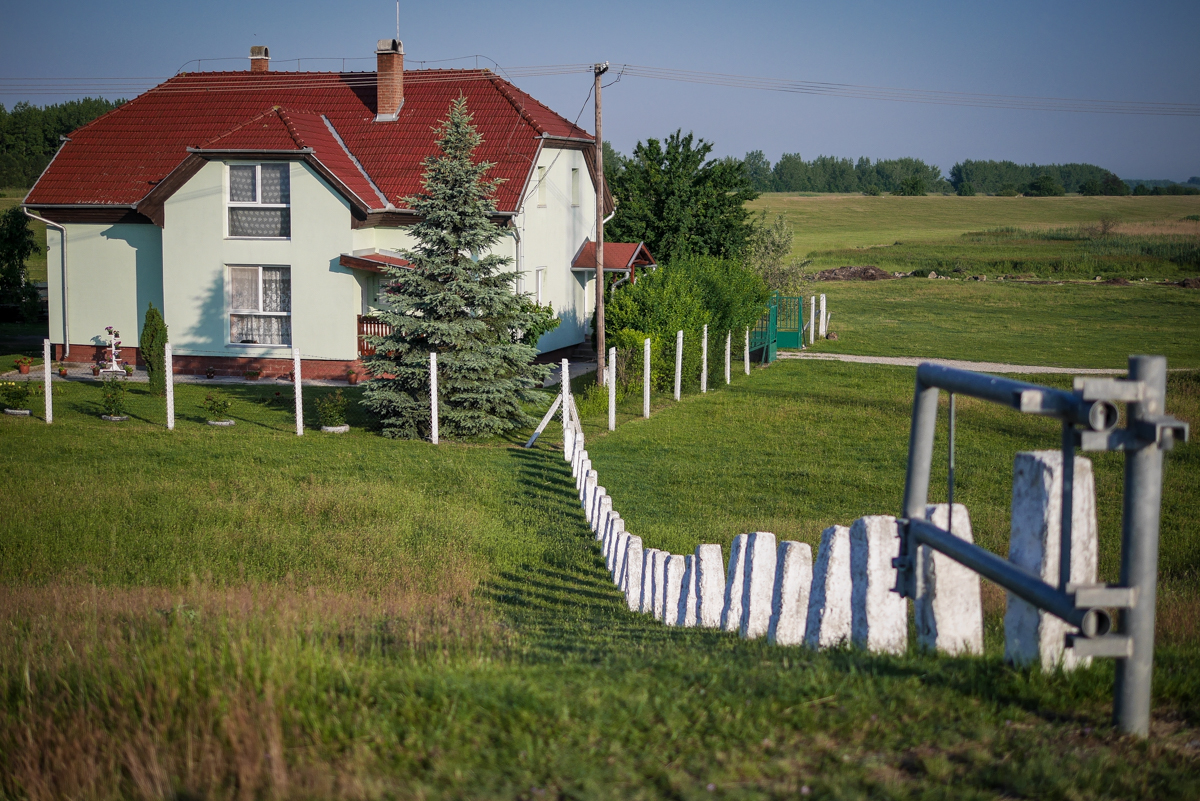

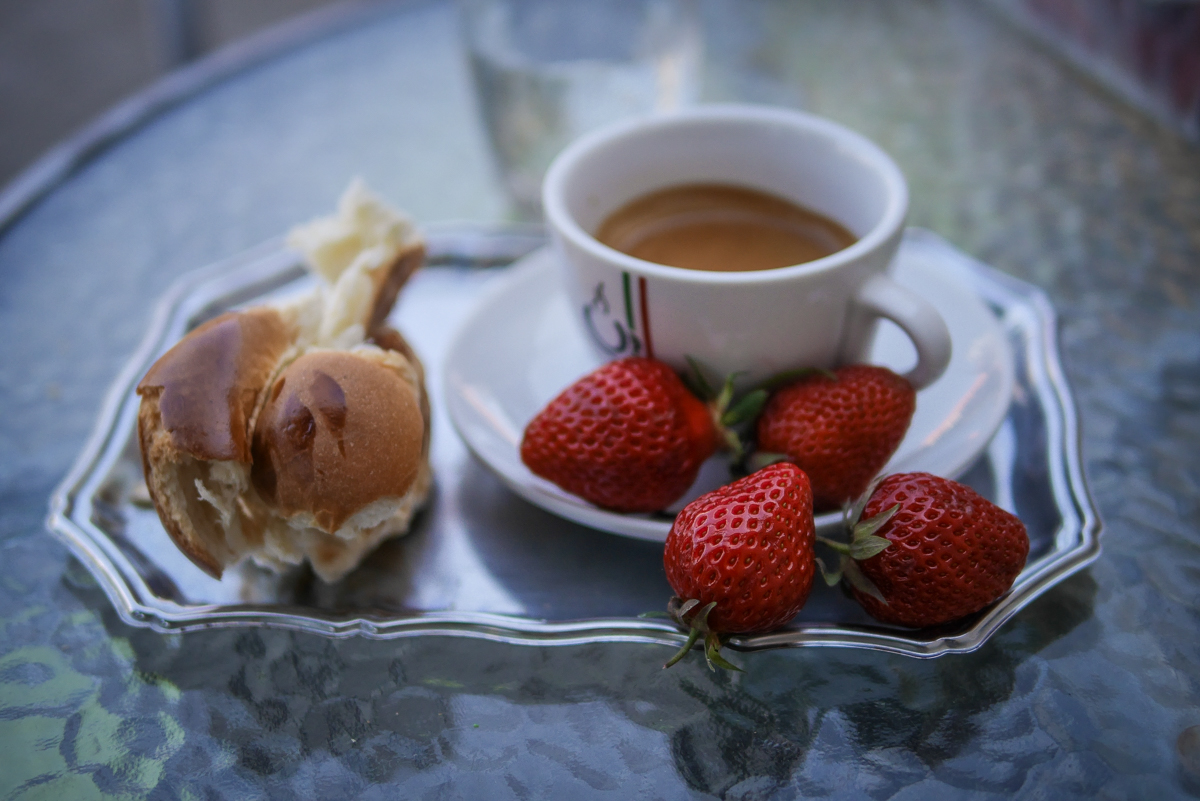
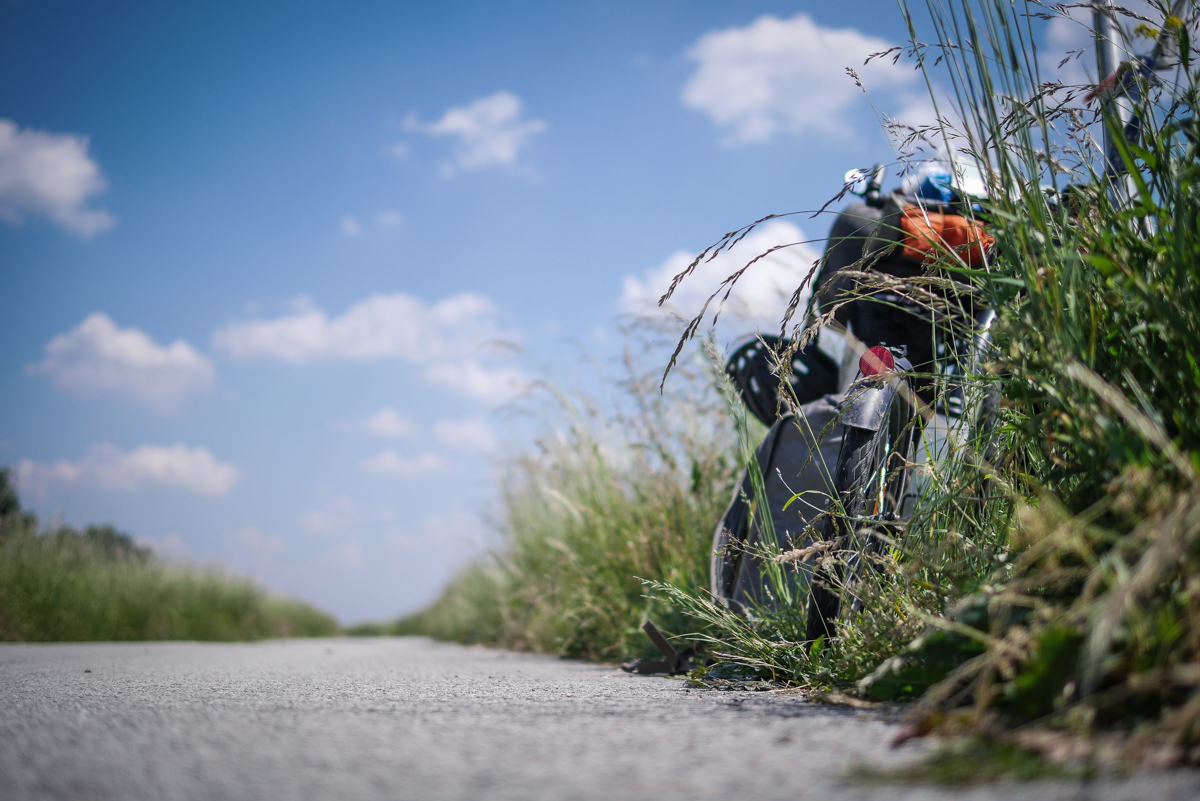
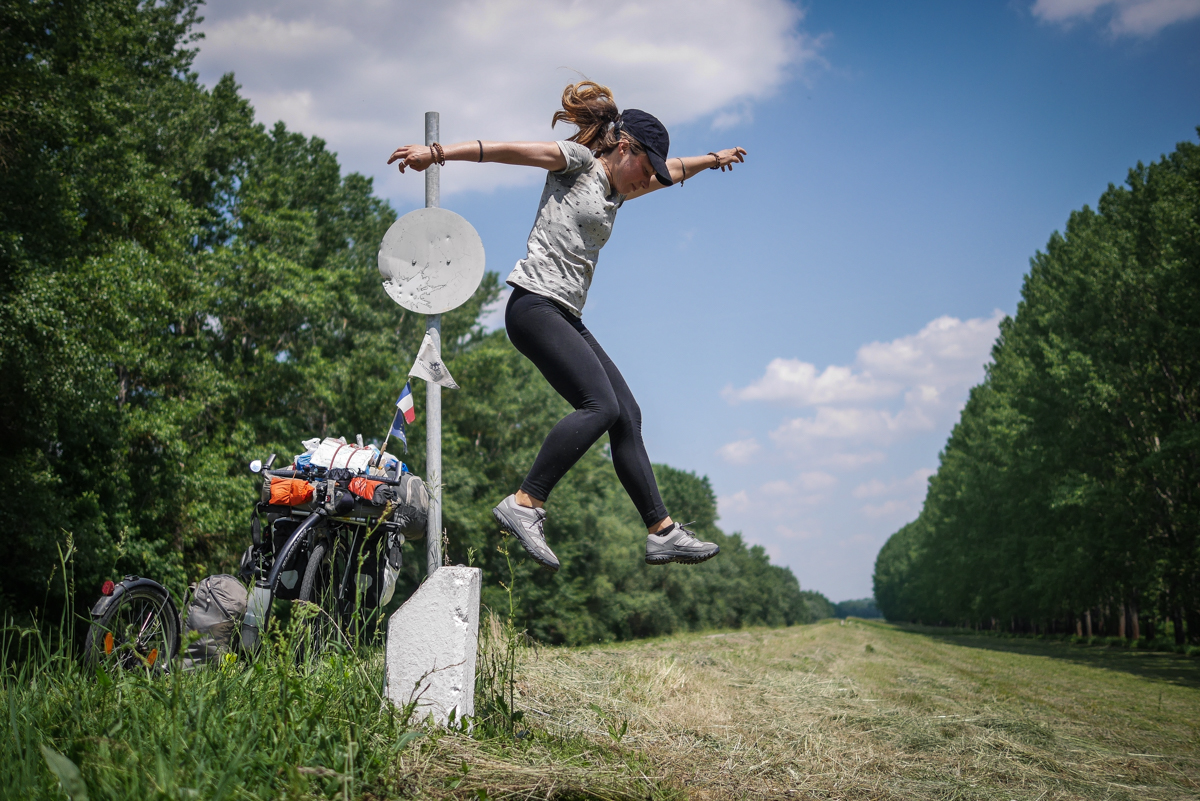

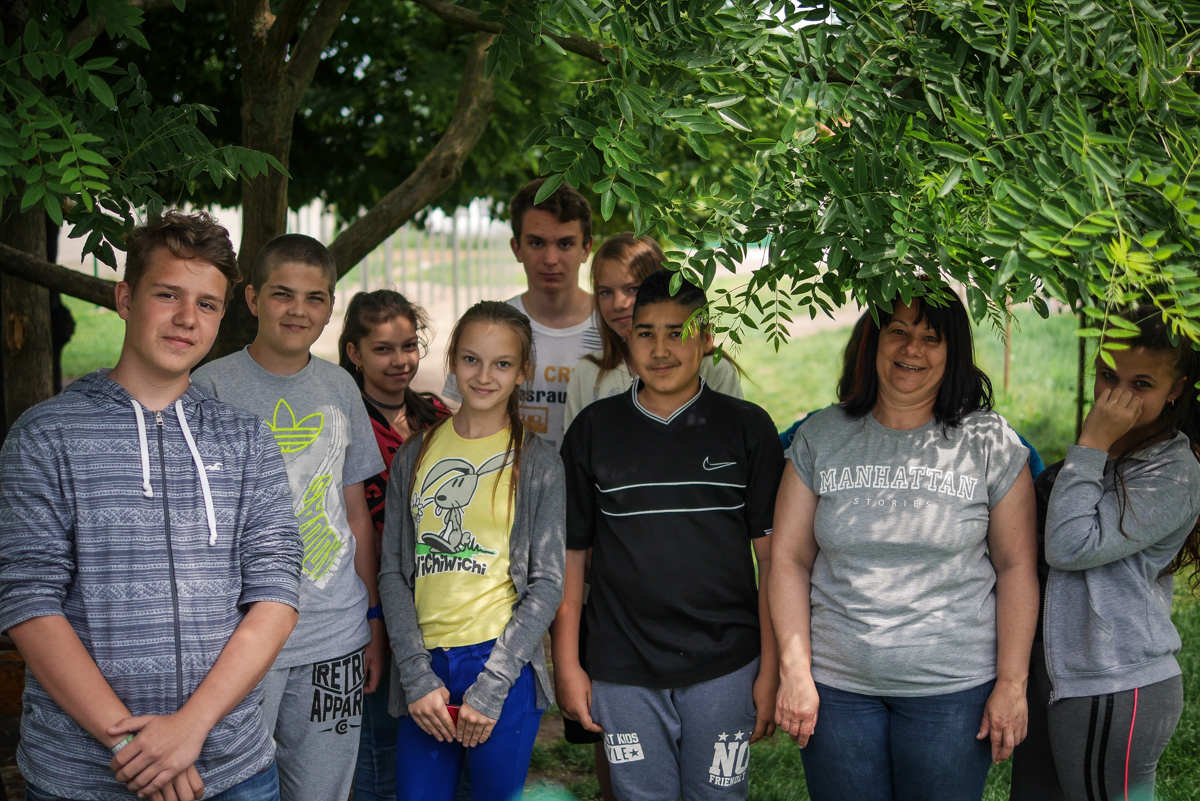
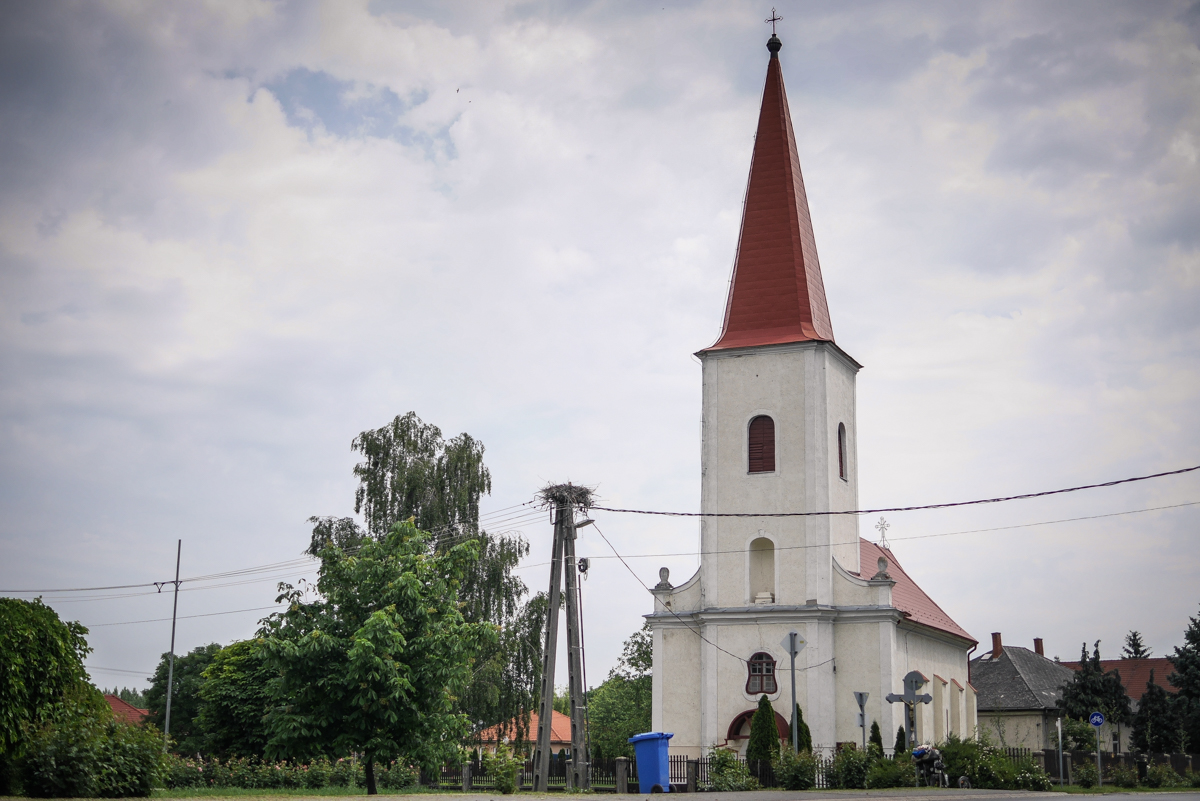
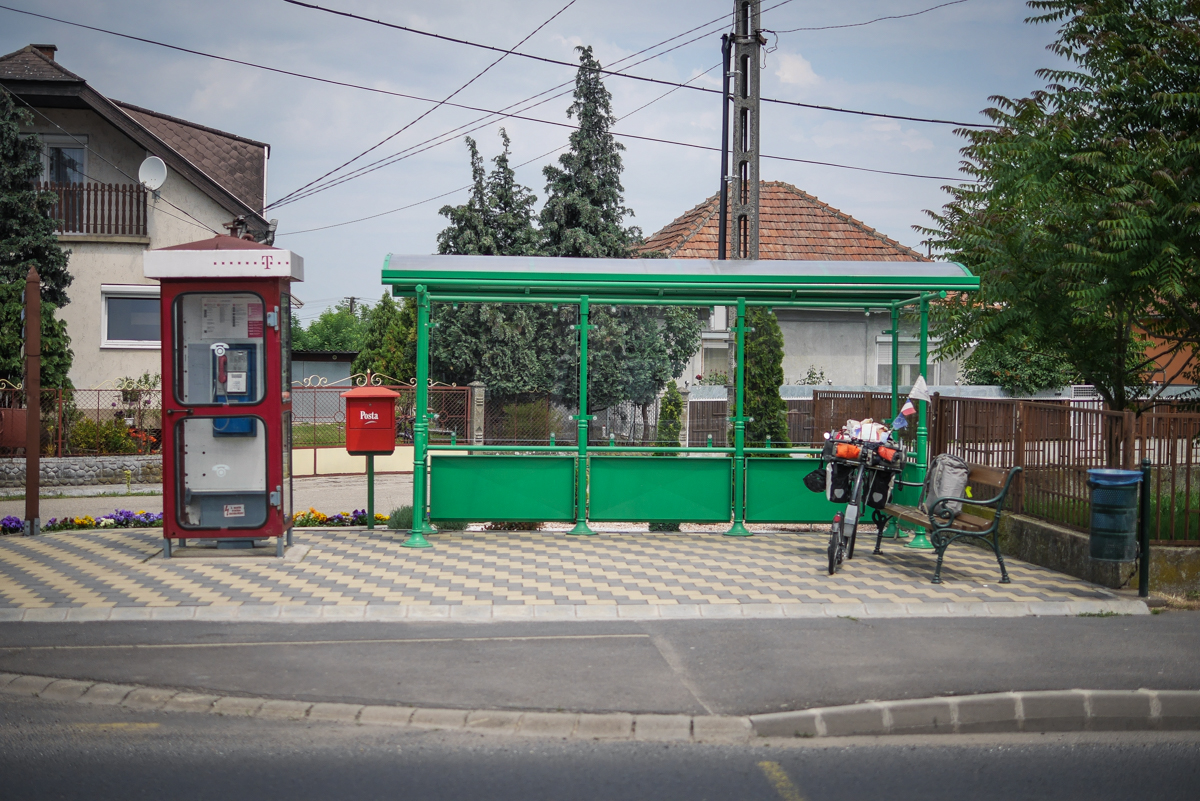
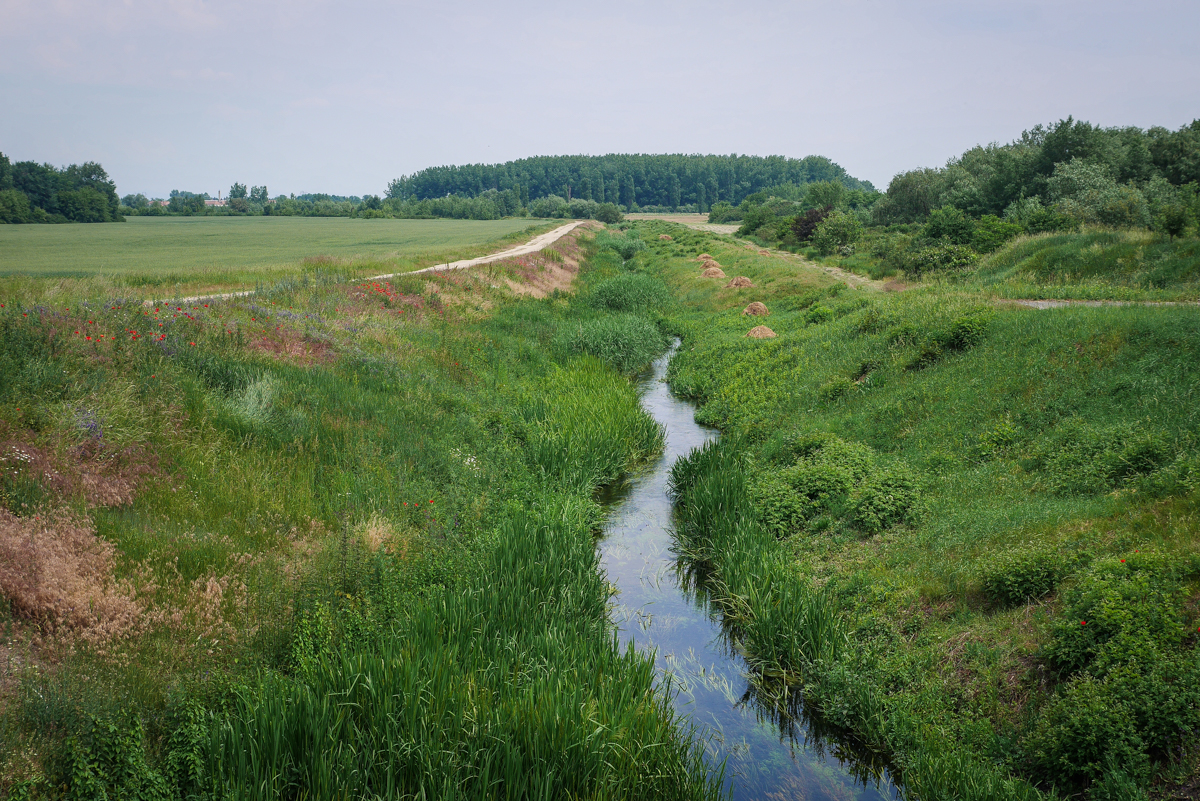
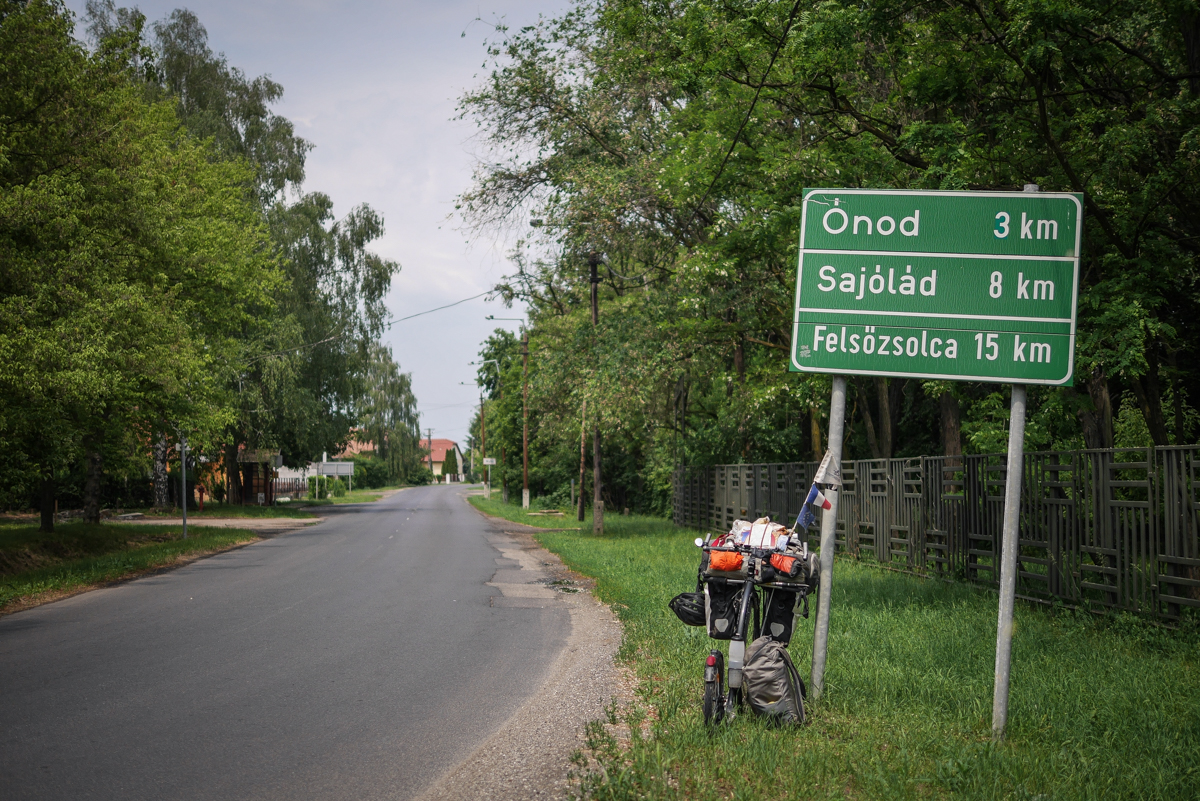
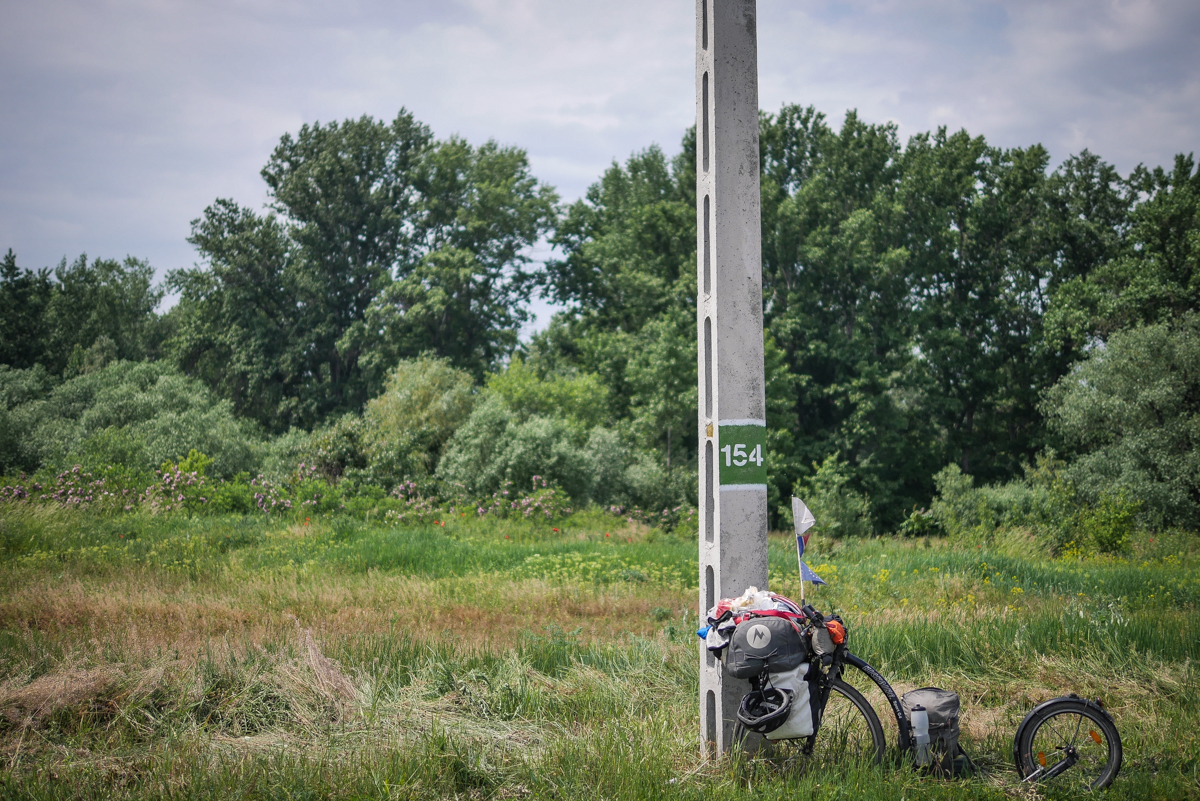
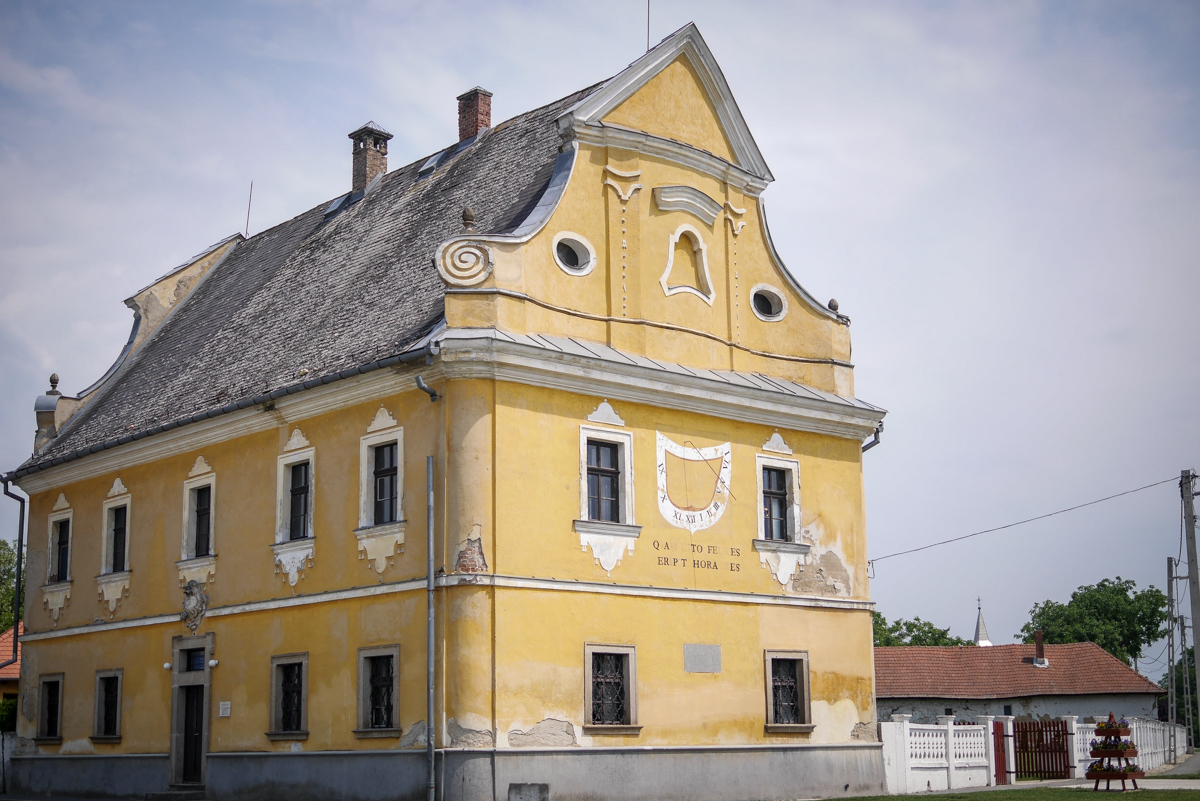
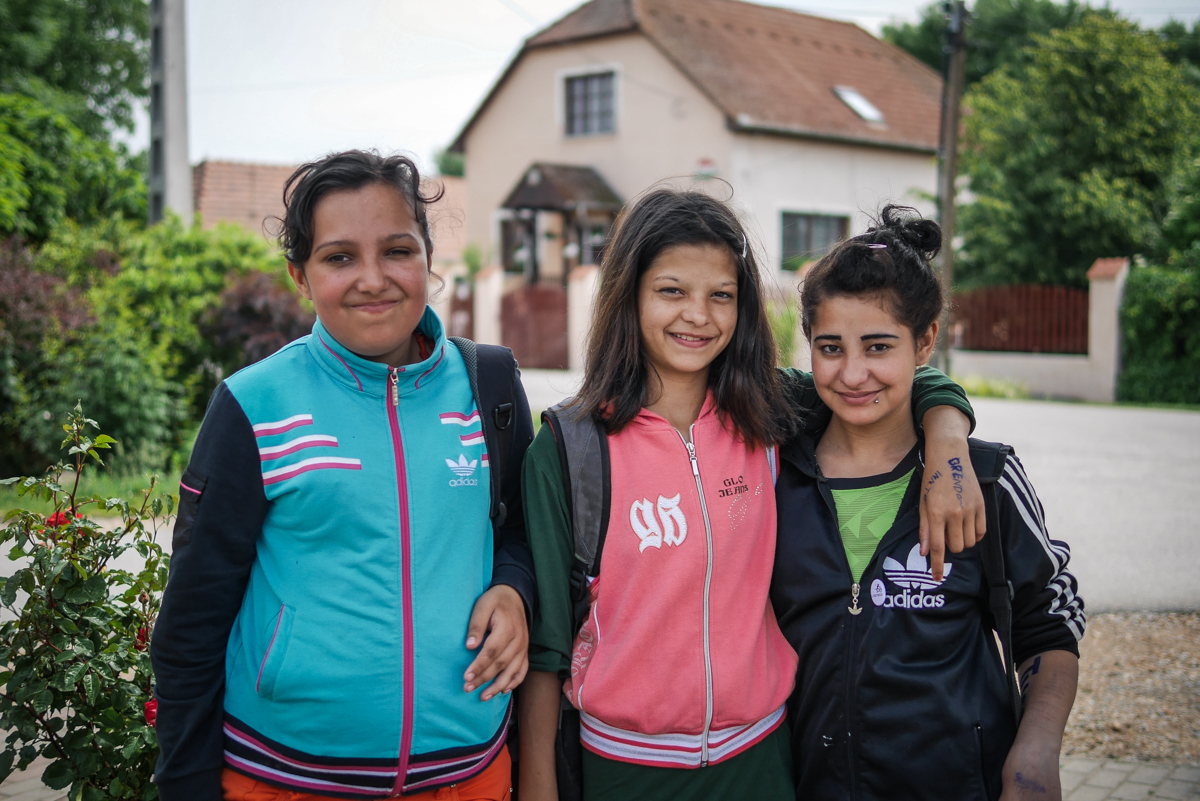
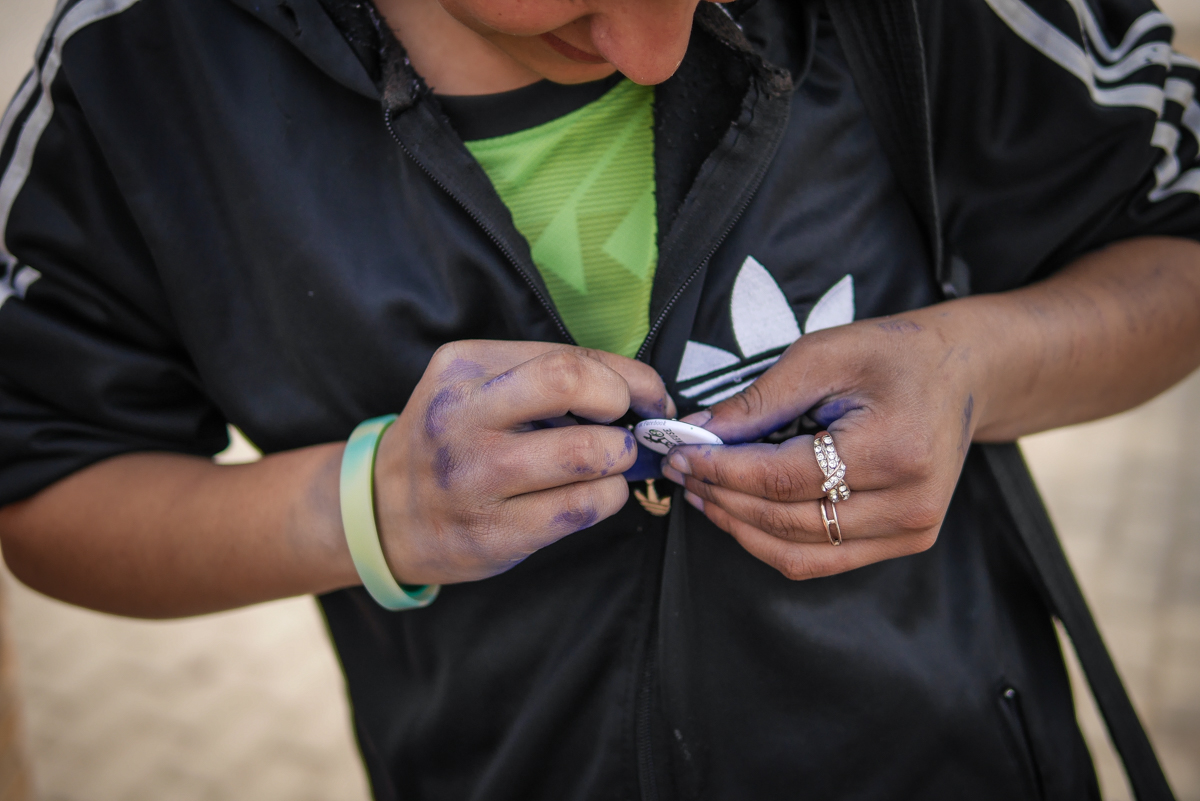
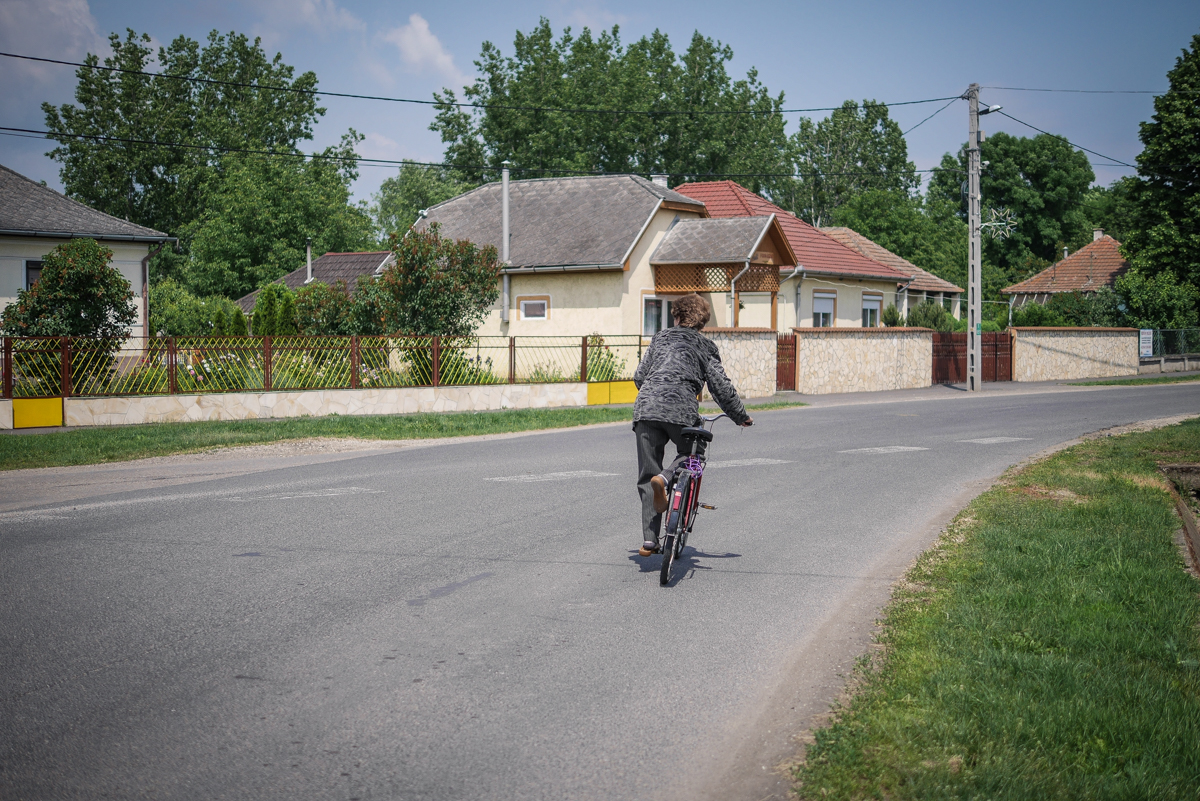
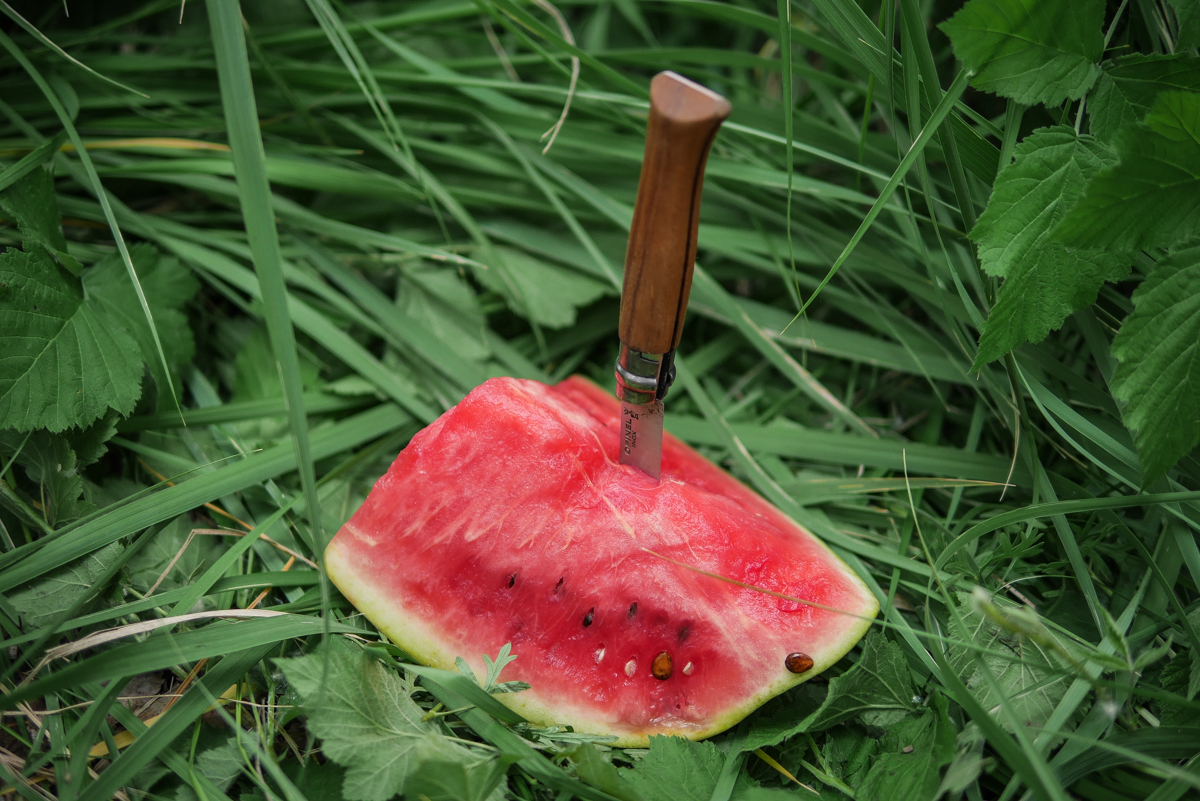
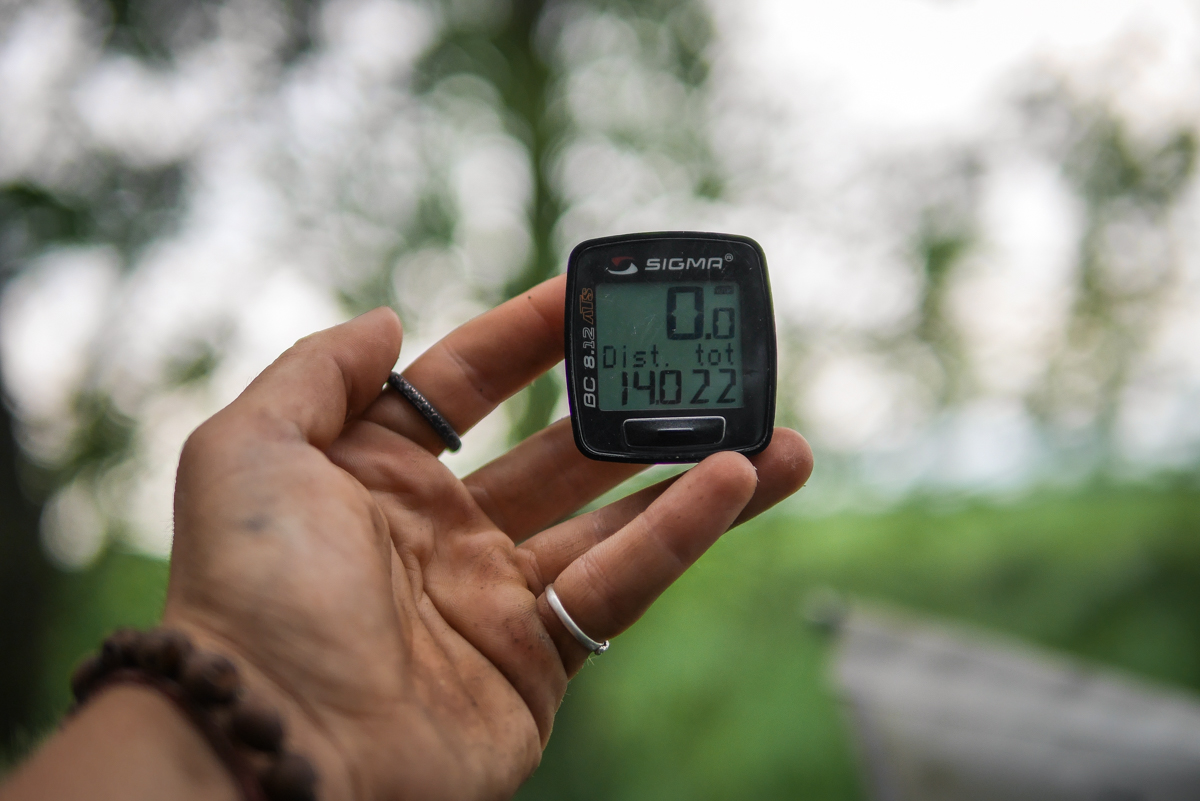
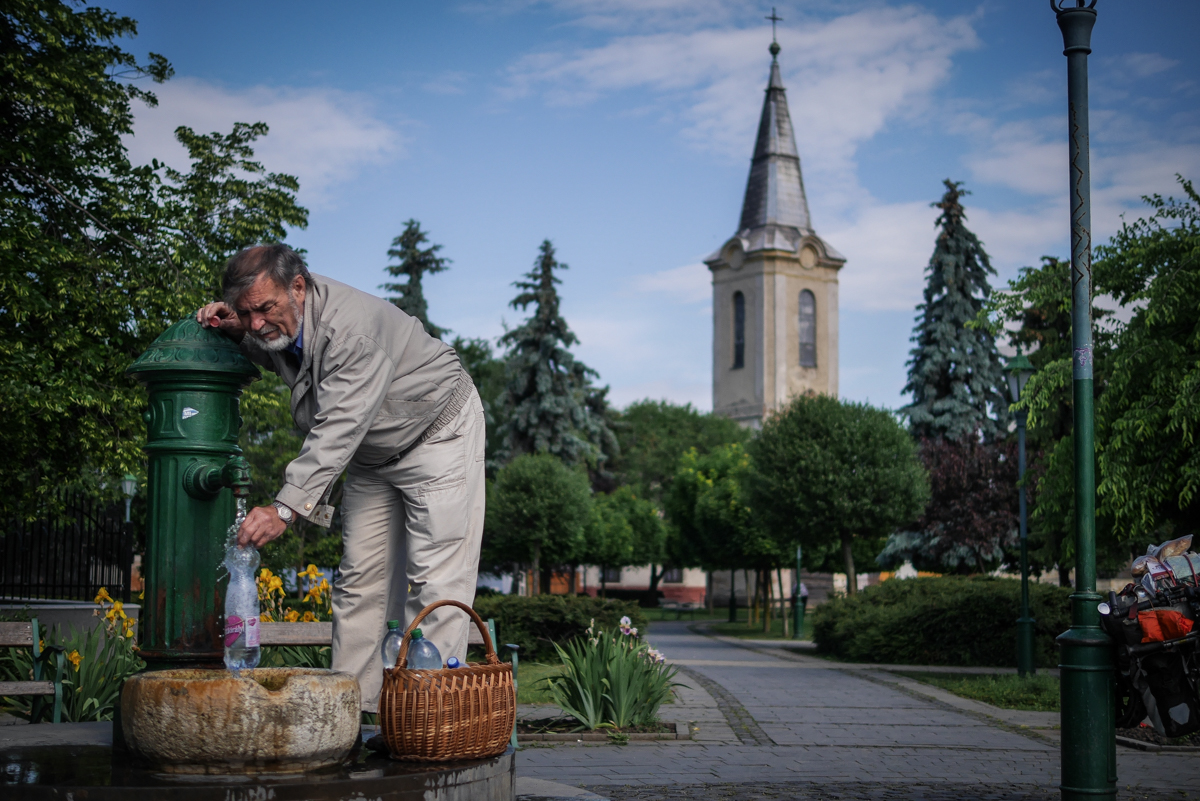
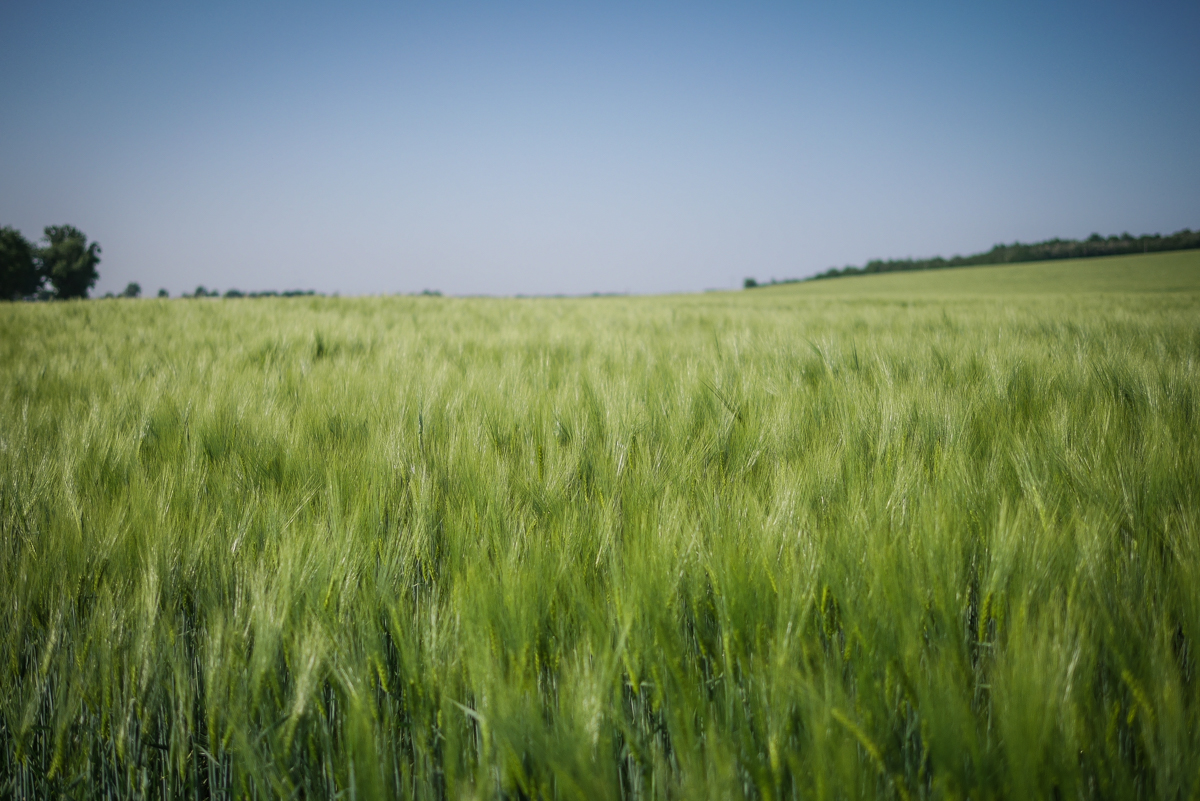
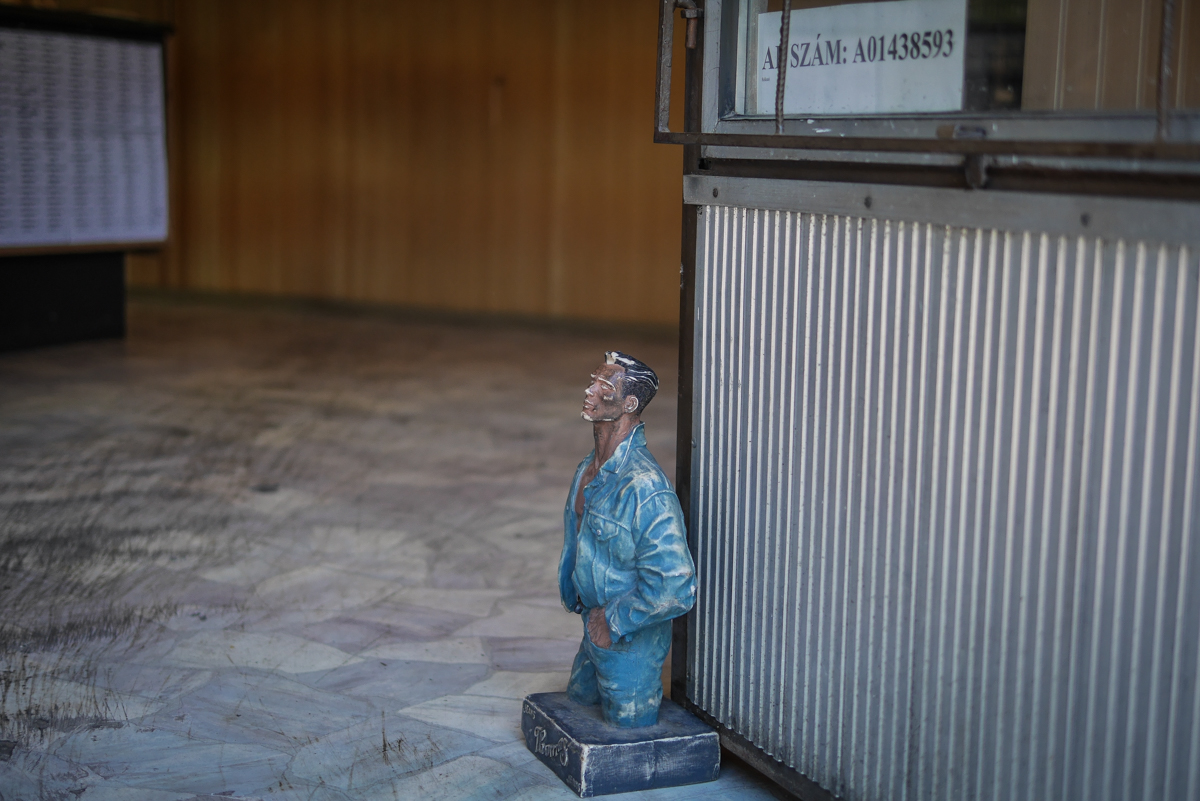
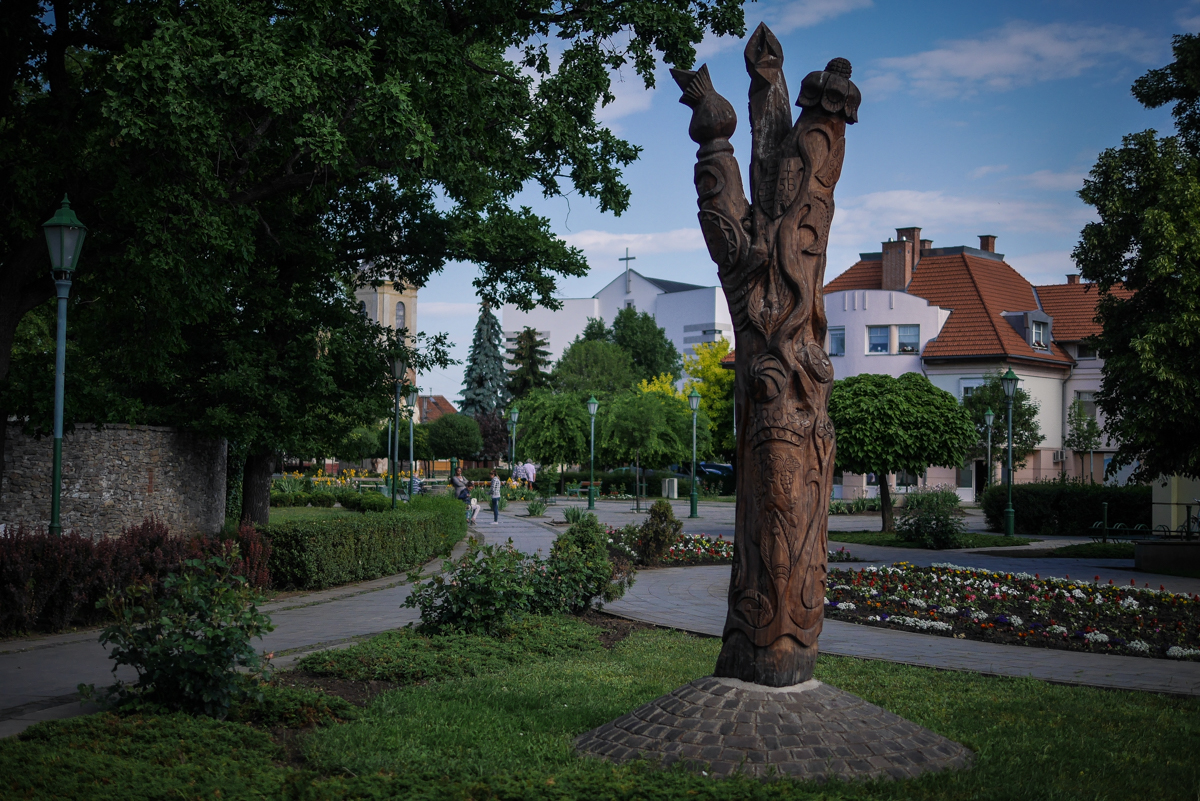
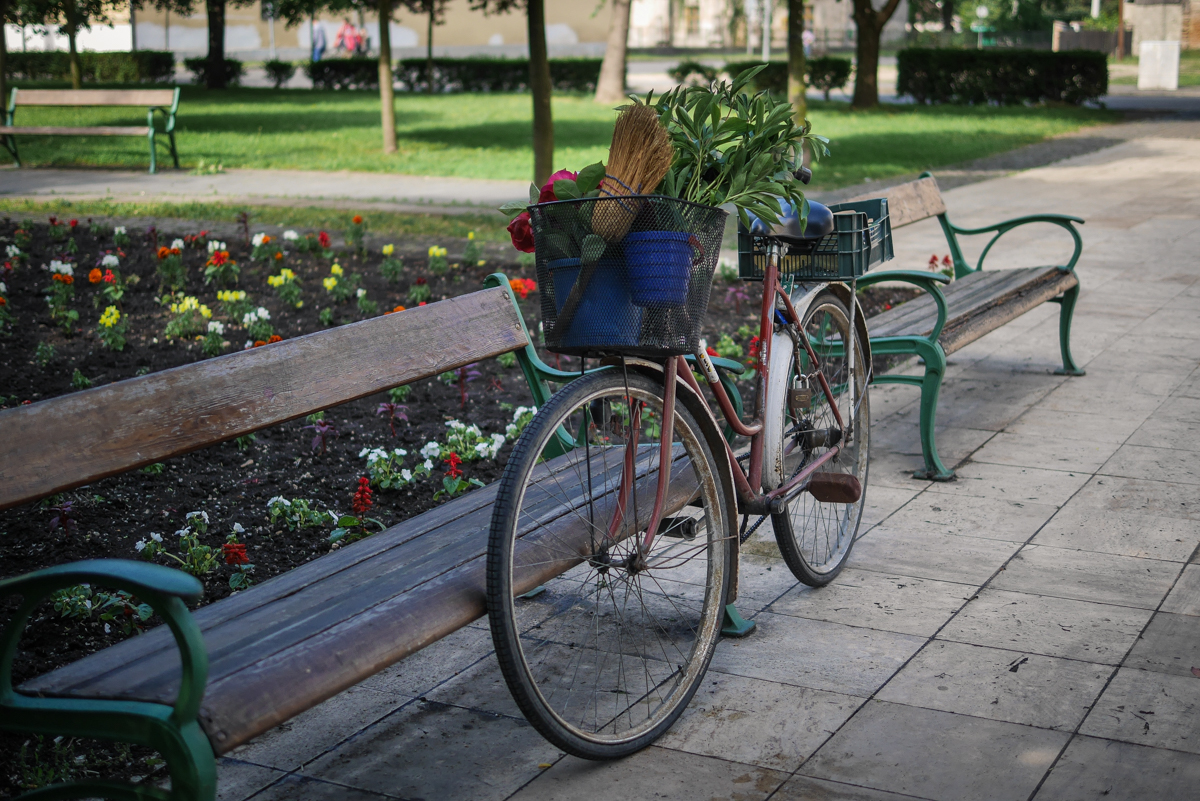
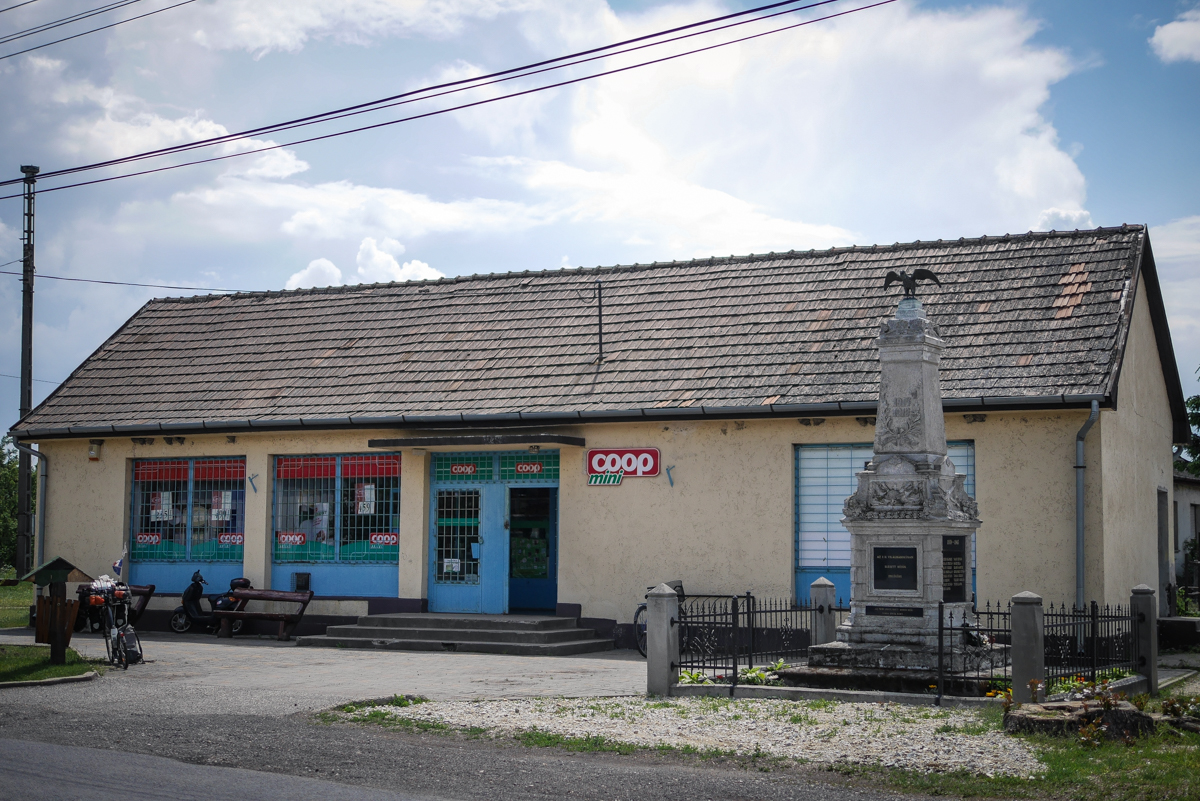
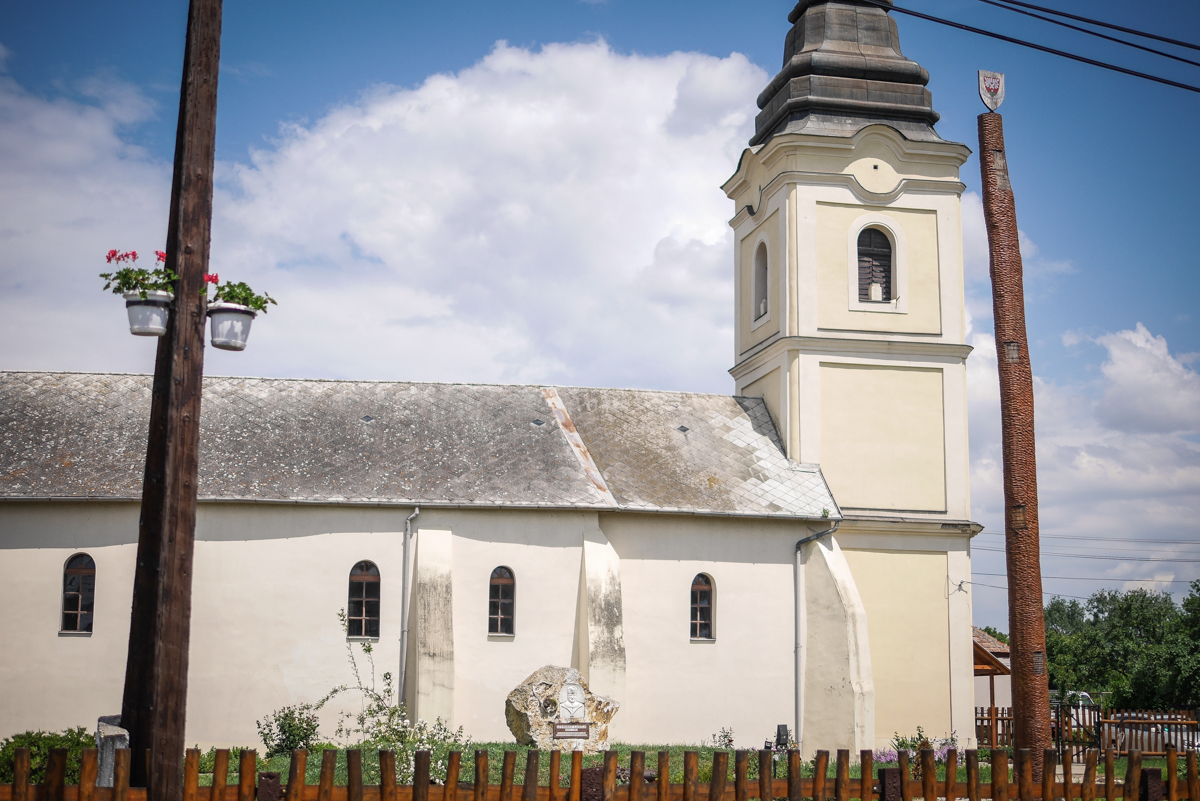
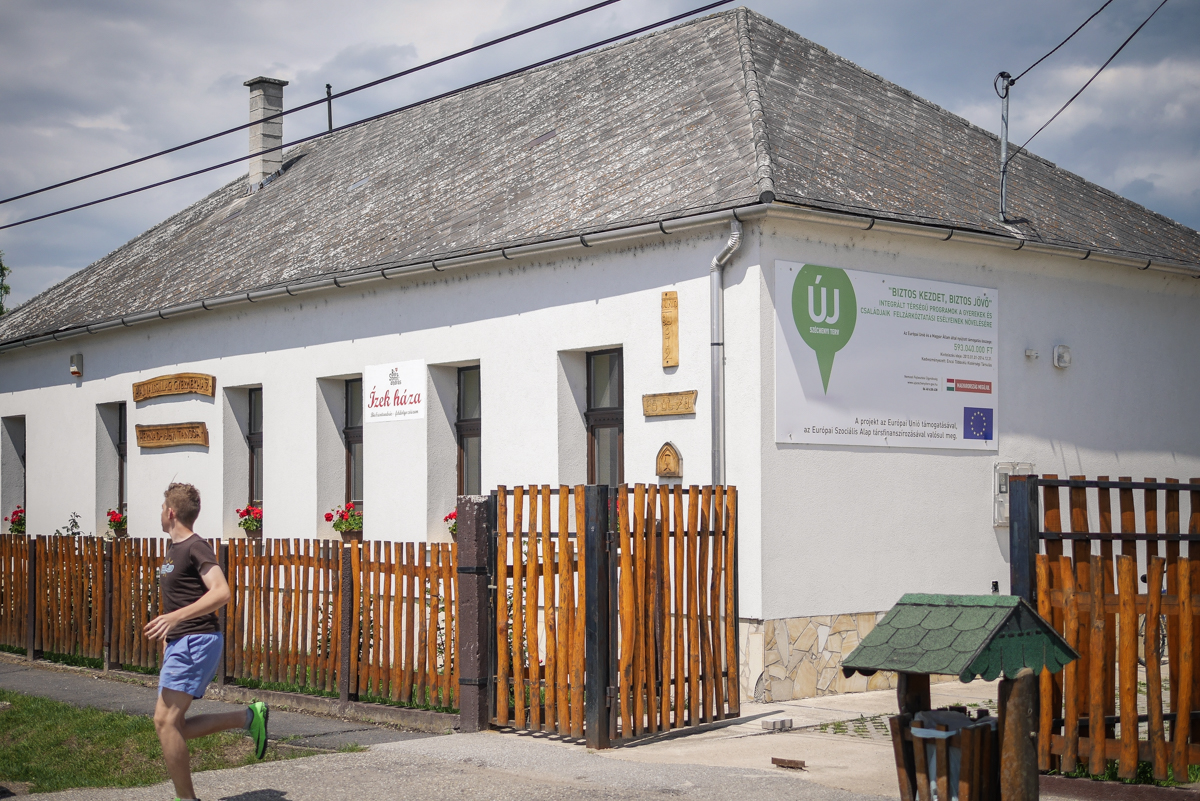
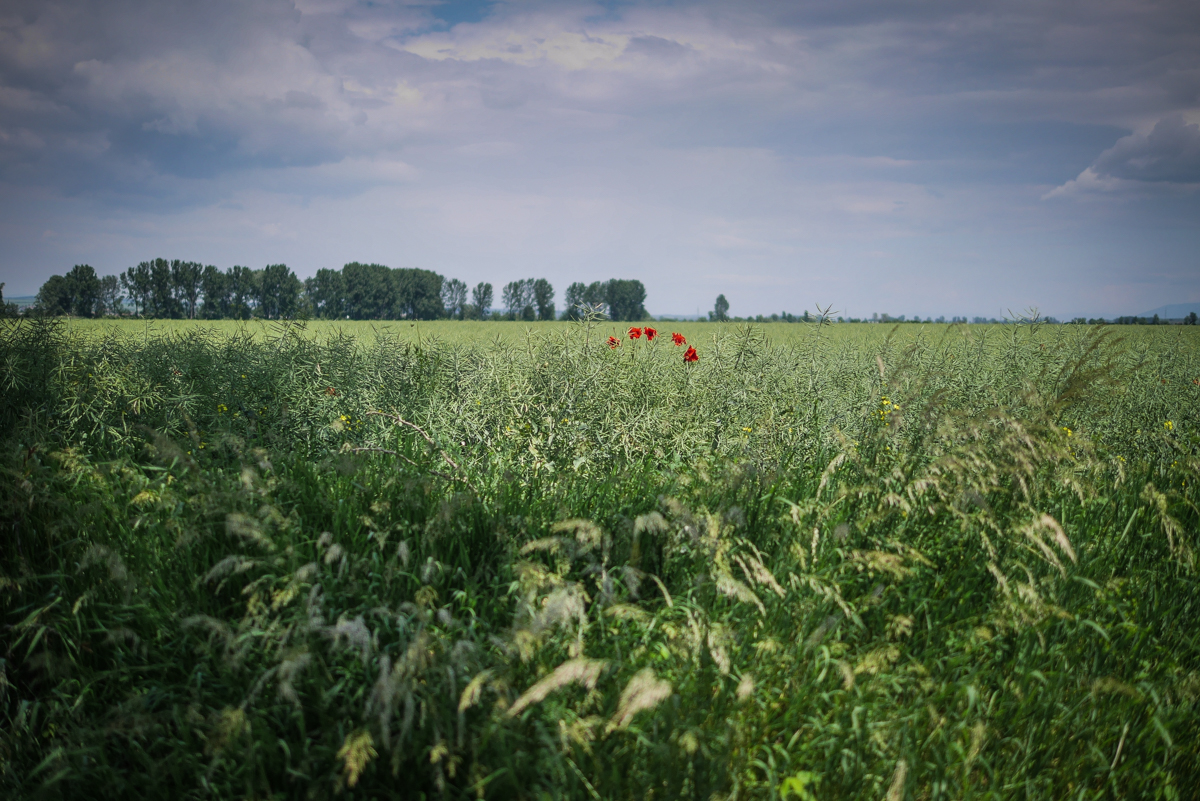
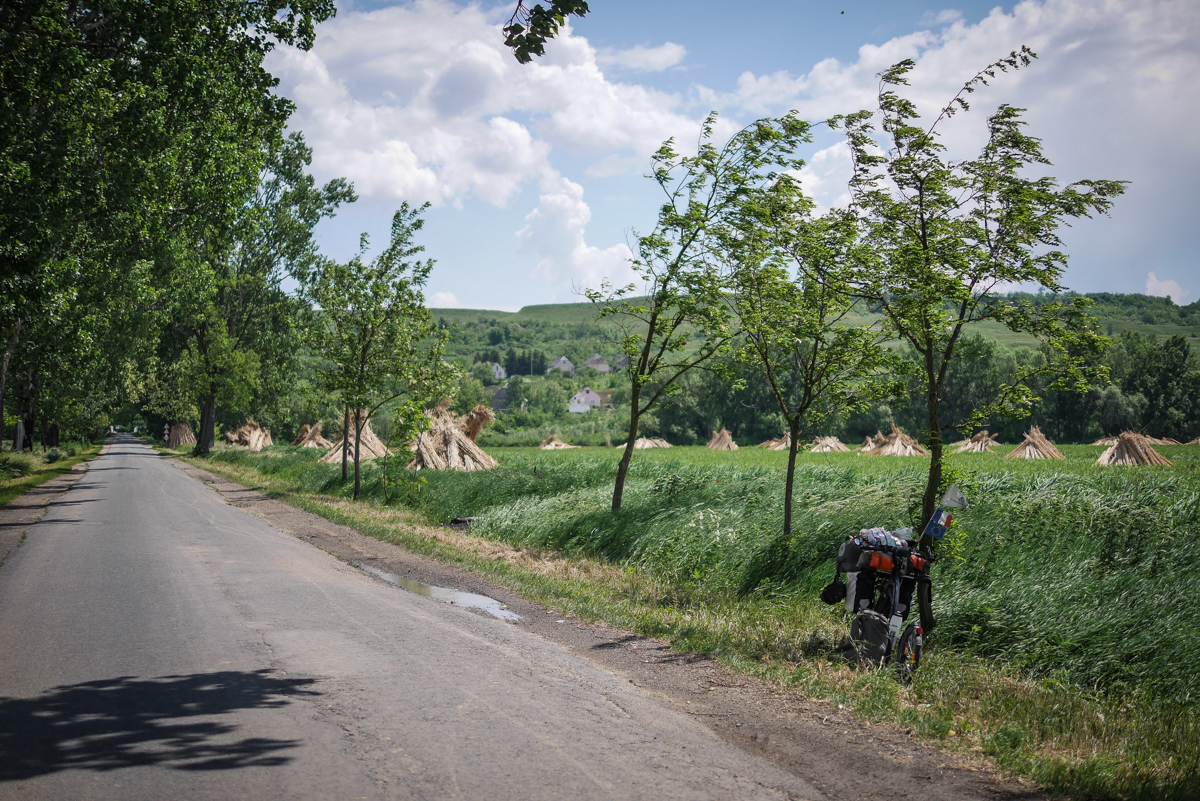
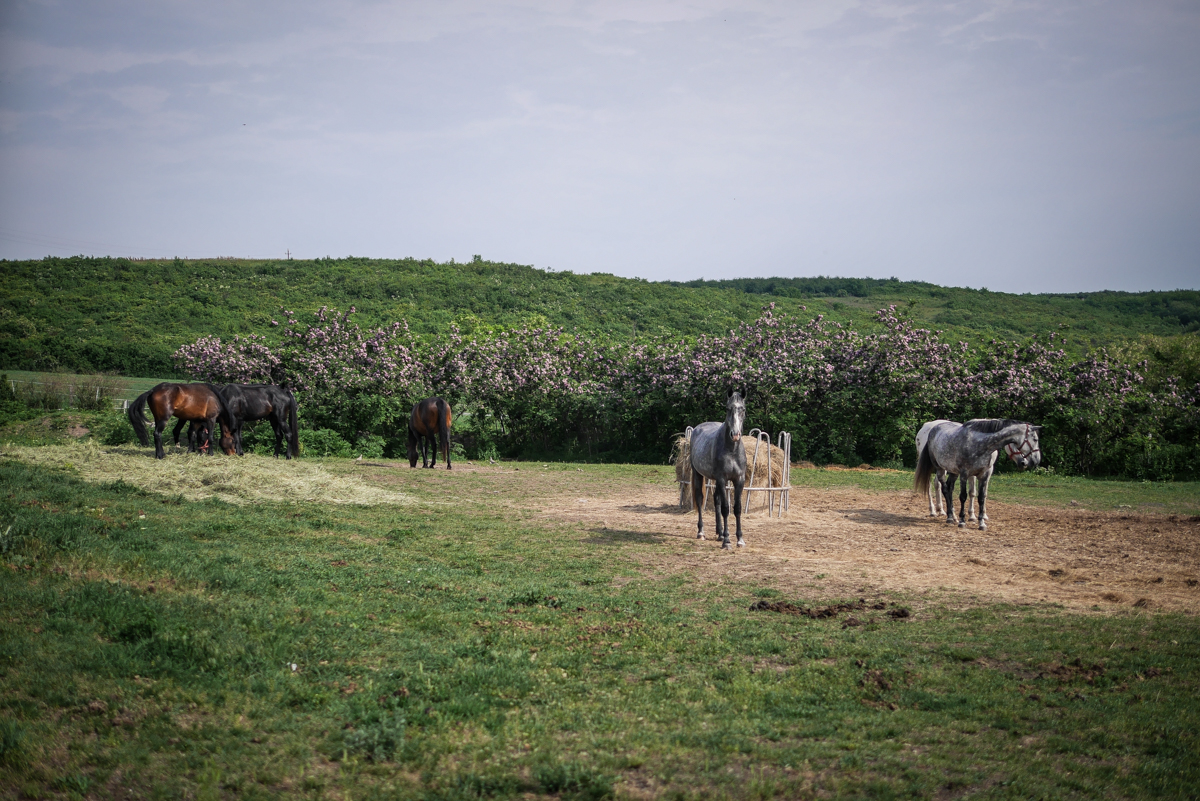
8 (Thanks, keep going !)
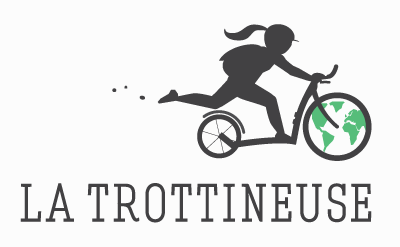
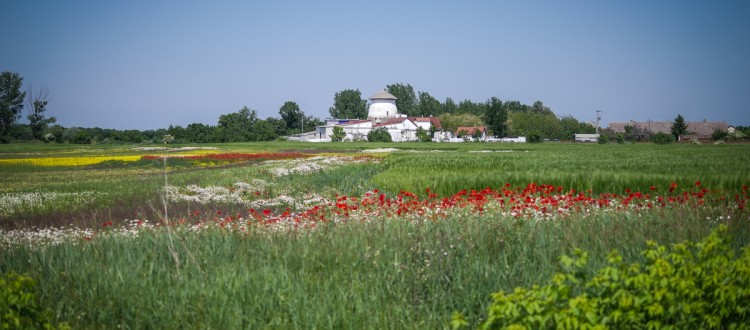







 You can be part of the adventure by making a donation or offering gear to La Trottineuse.
It will be help me kick further during the humanistic challenges: by contributing to logistics (food and punctual accommodation, ferries), equipment and communication.
Merci :)
Or you can contact me directly to obtain bank account details or any other infos : hello[at]latrottineuse.com
You can be part of the adventure by making a donation or offering gear to La Trottineuse.
It will be help me kick further during the humanistic challenges: by contributing to logistics (food and punctual accommodation, ferries), equipment and communication.
Merci :)
Or you can contact me directly to obtain bank account details or any other infos : hello[at]latrottineuse.com